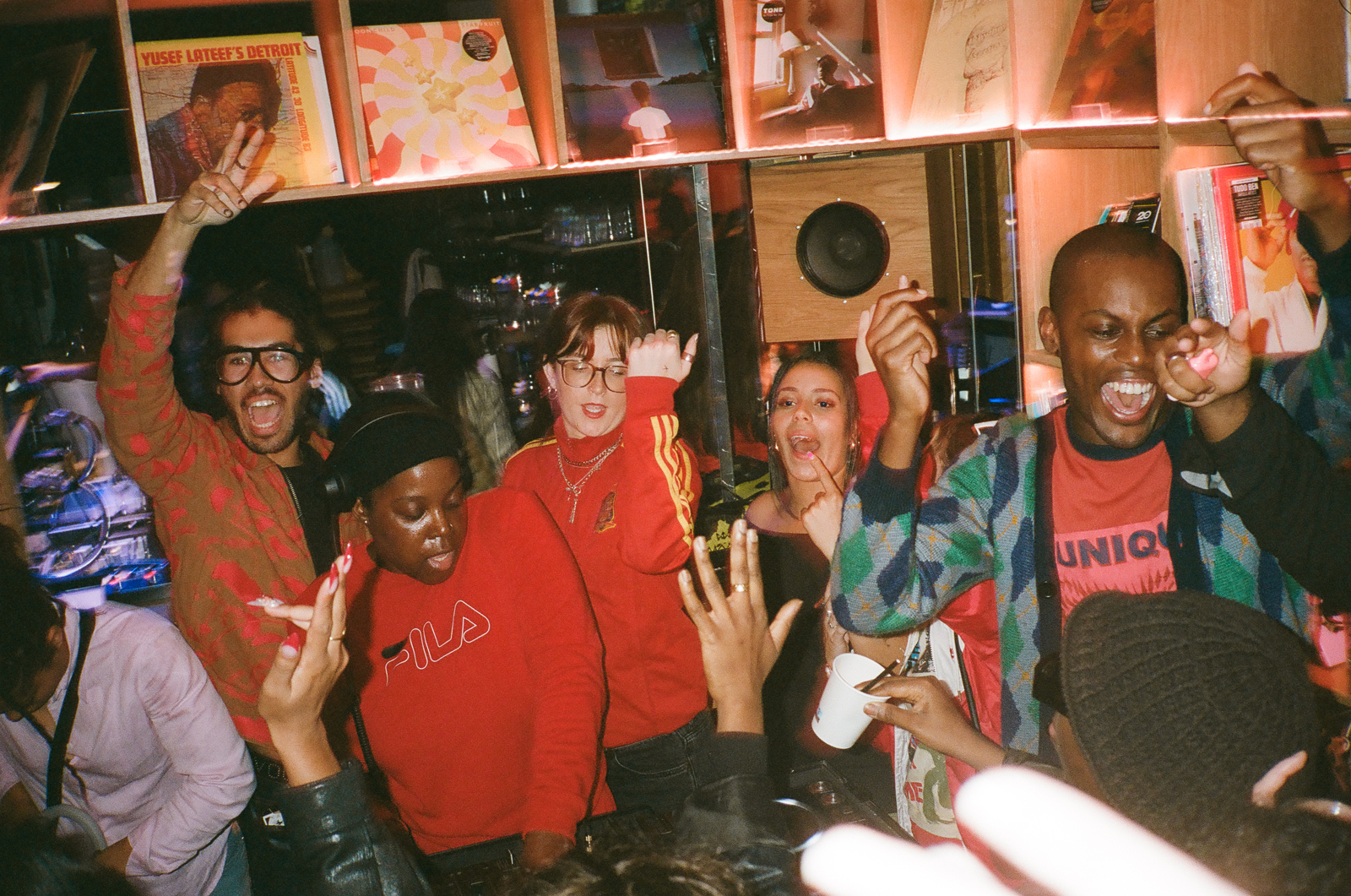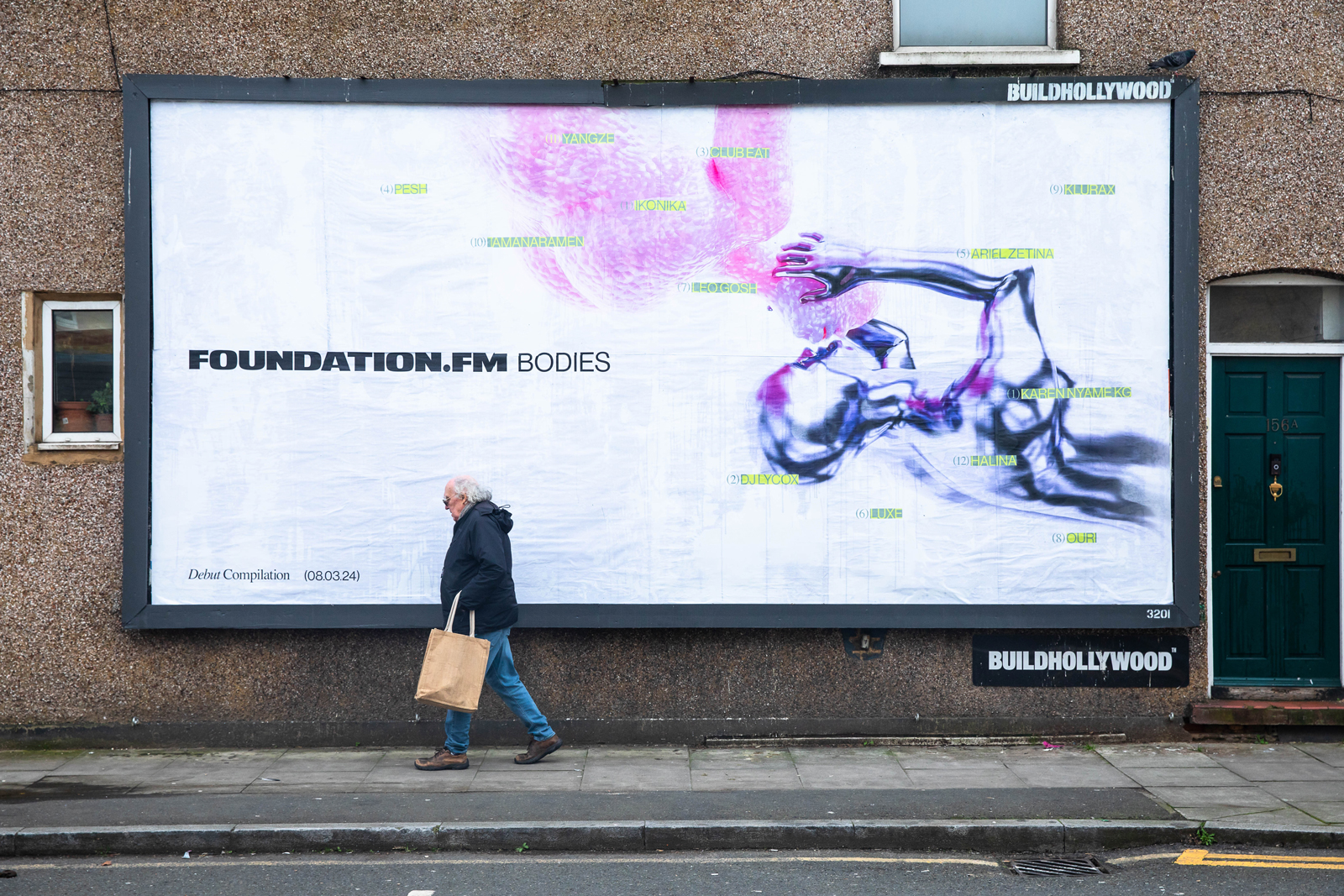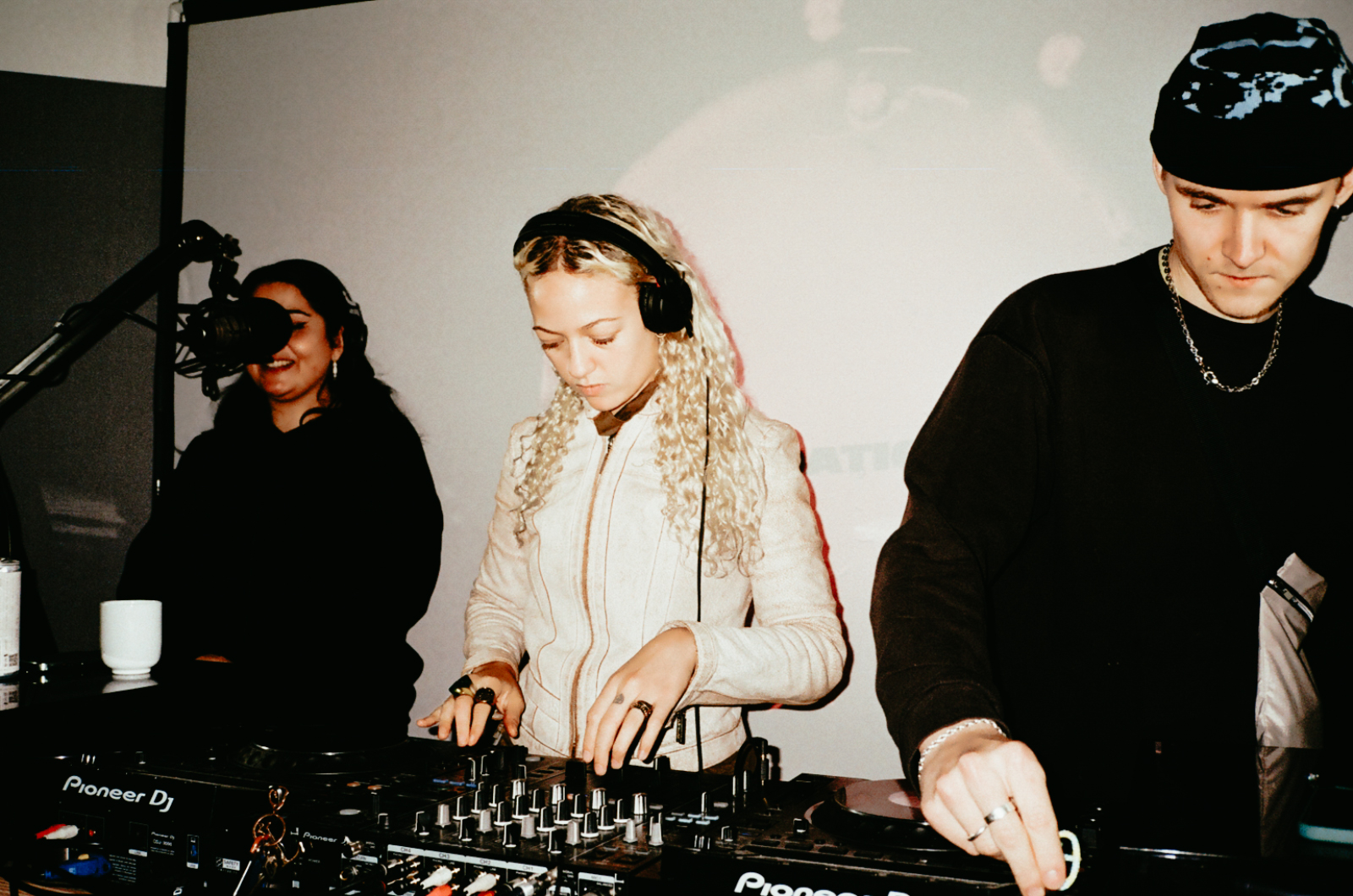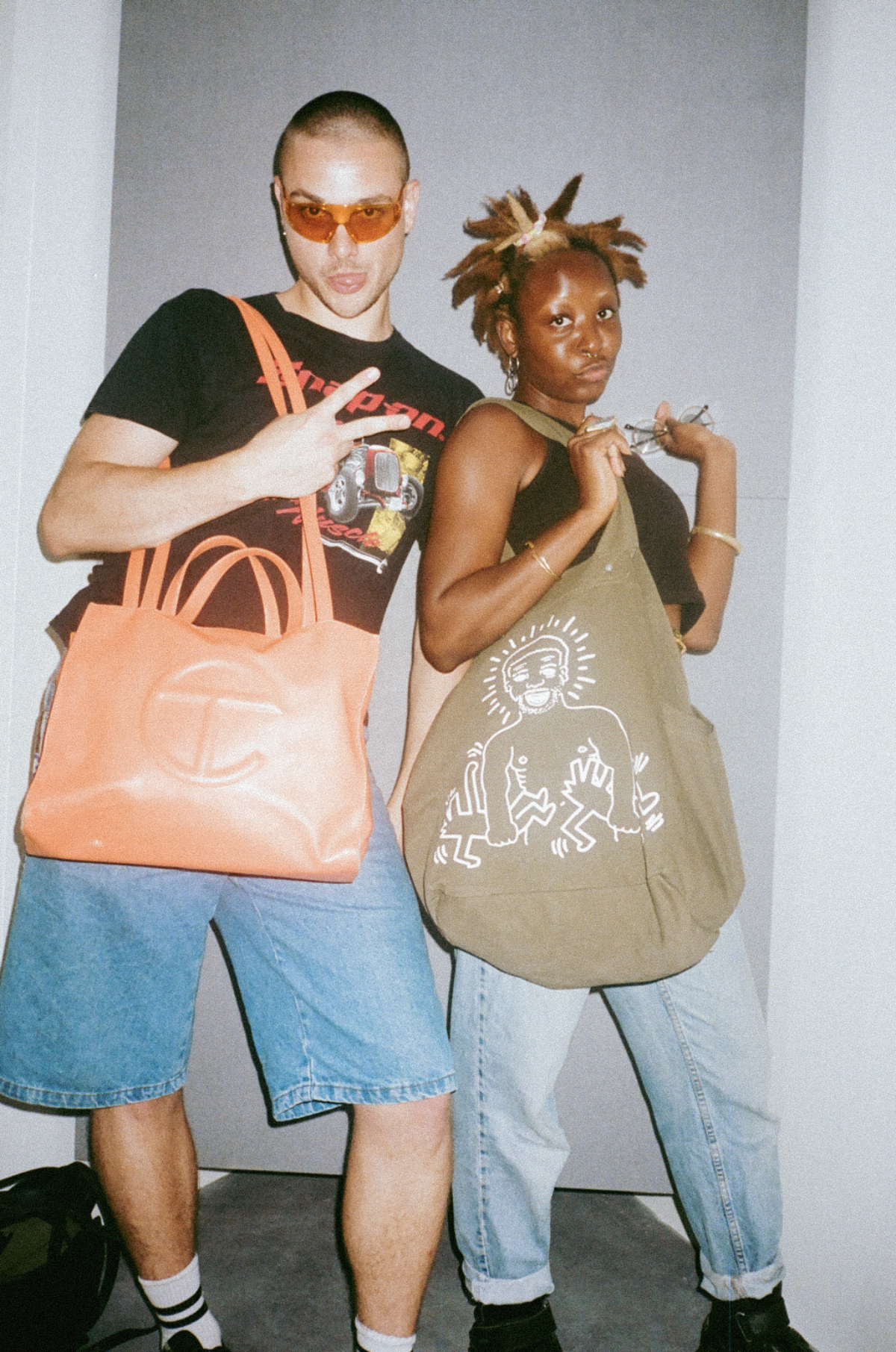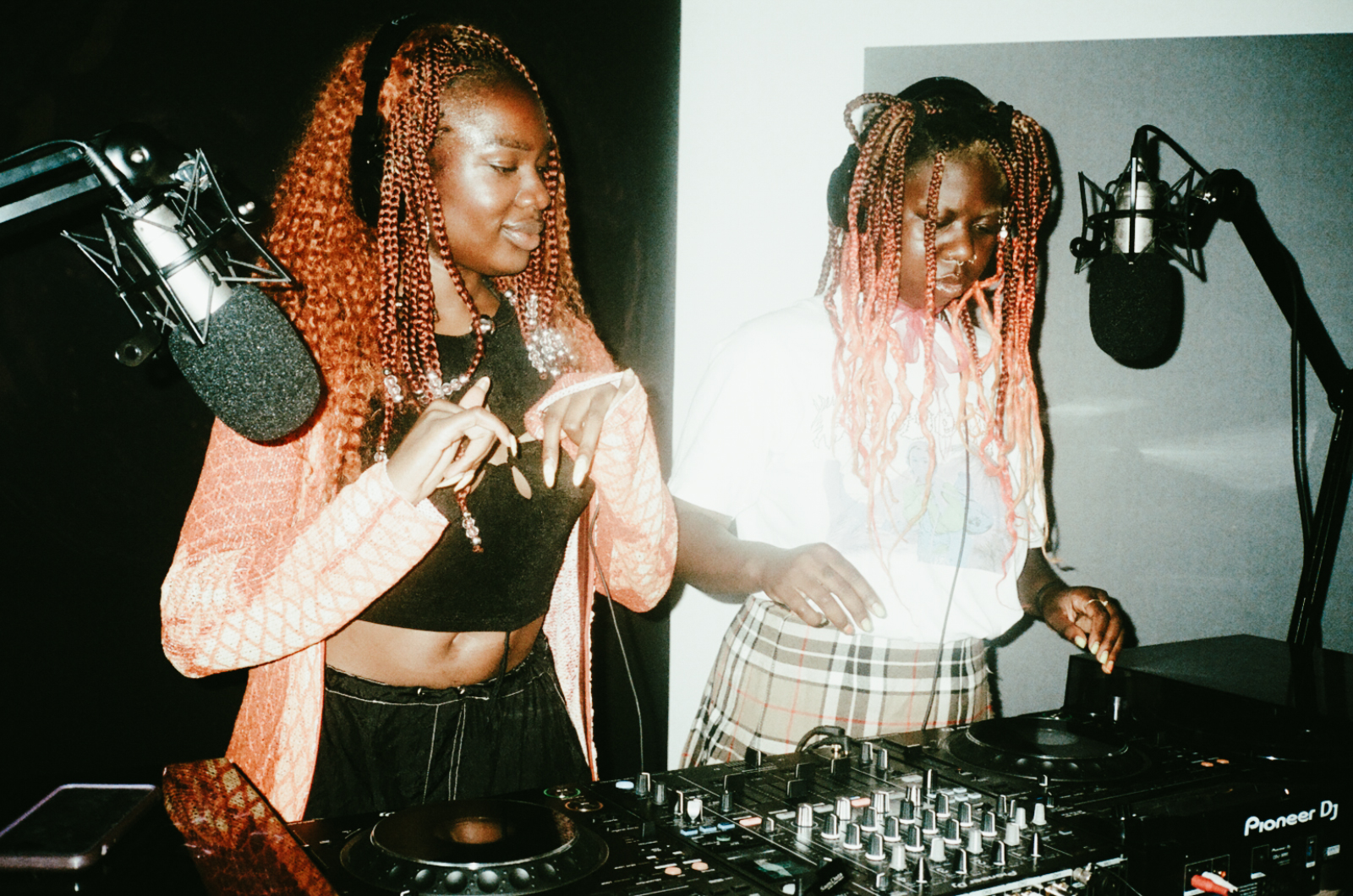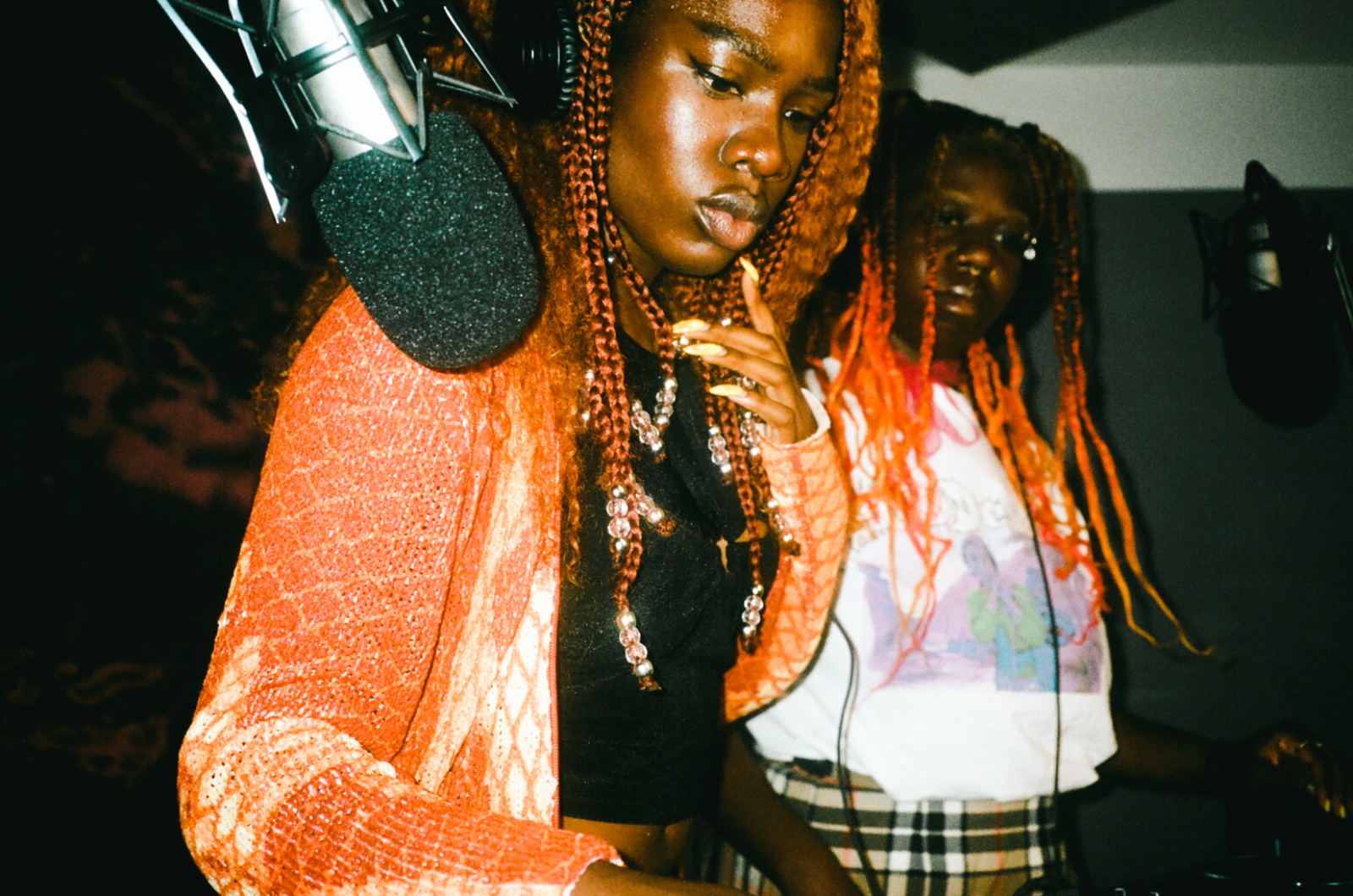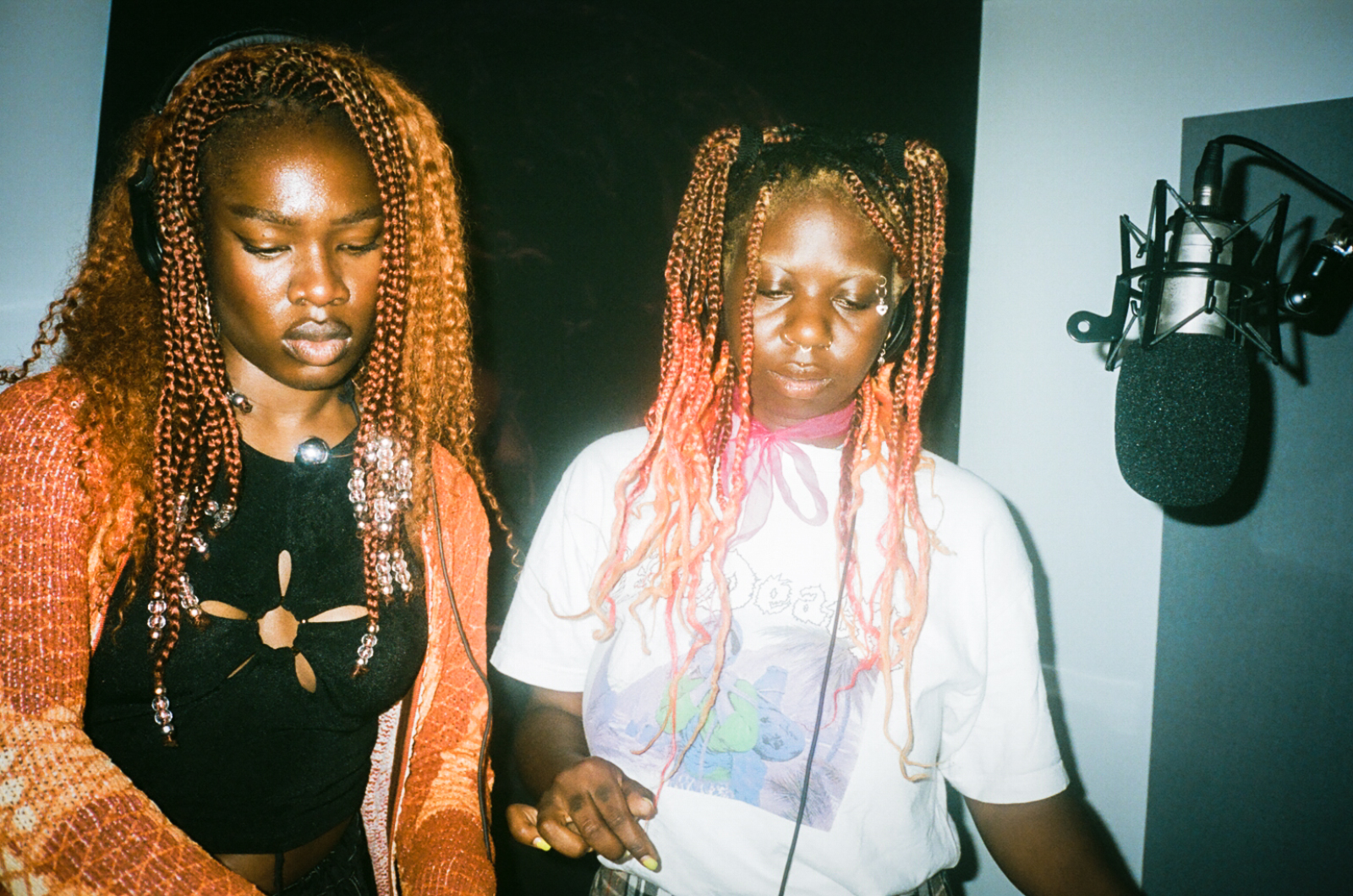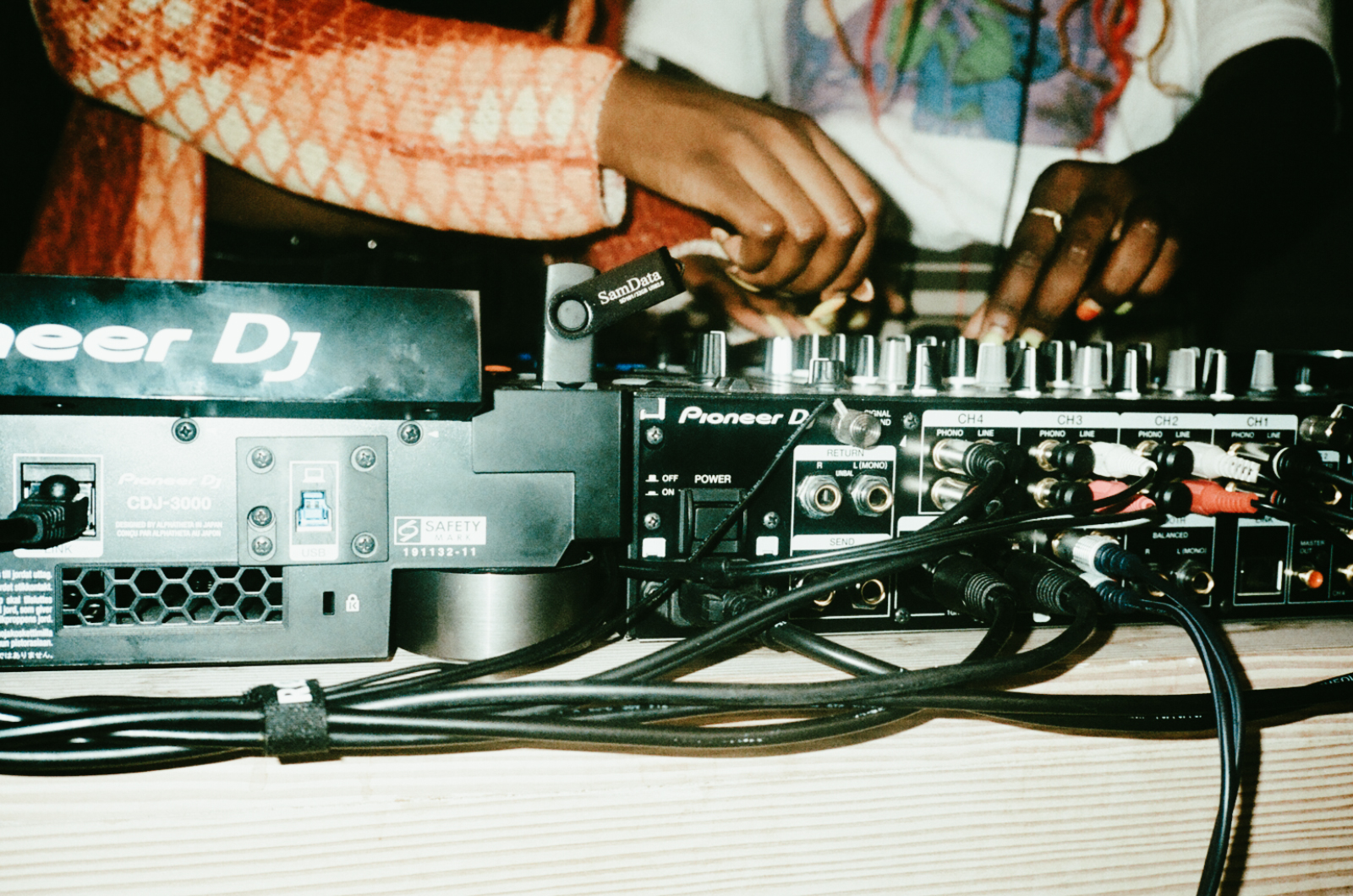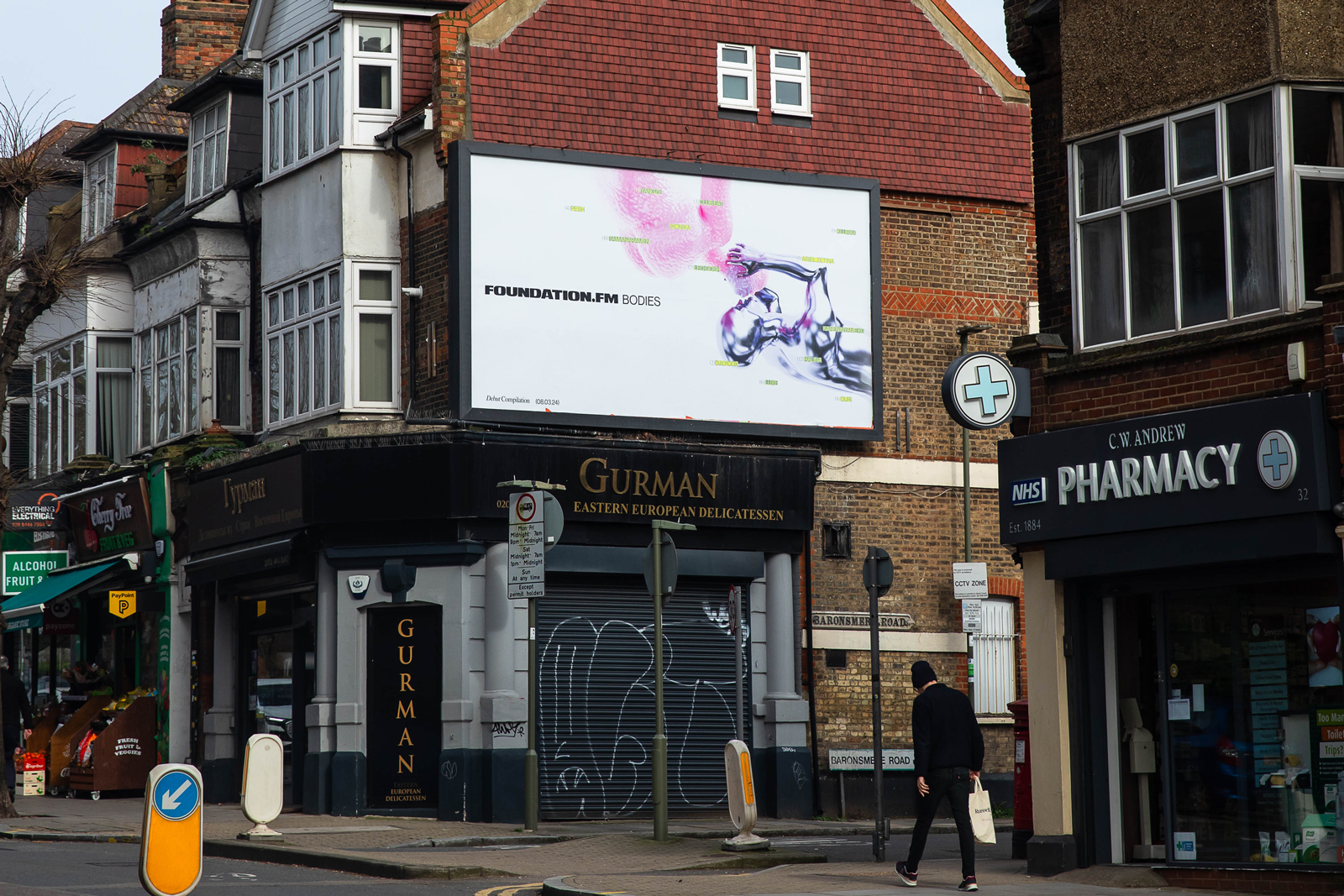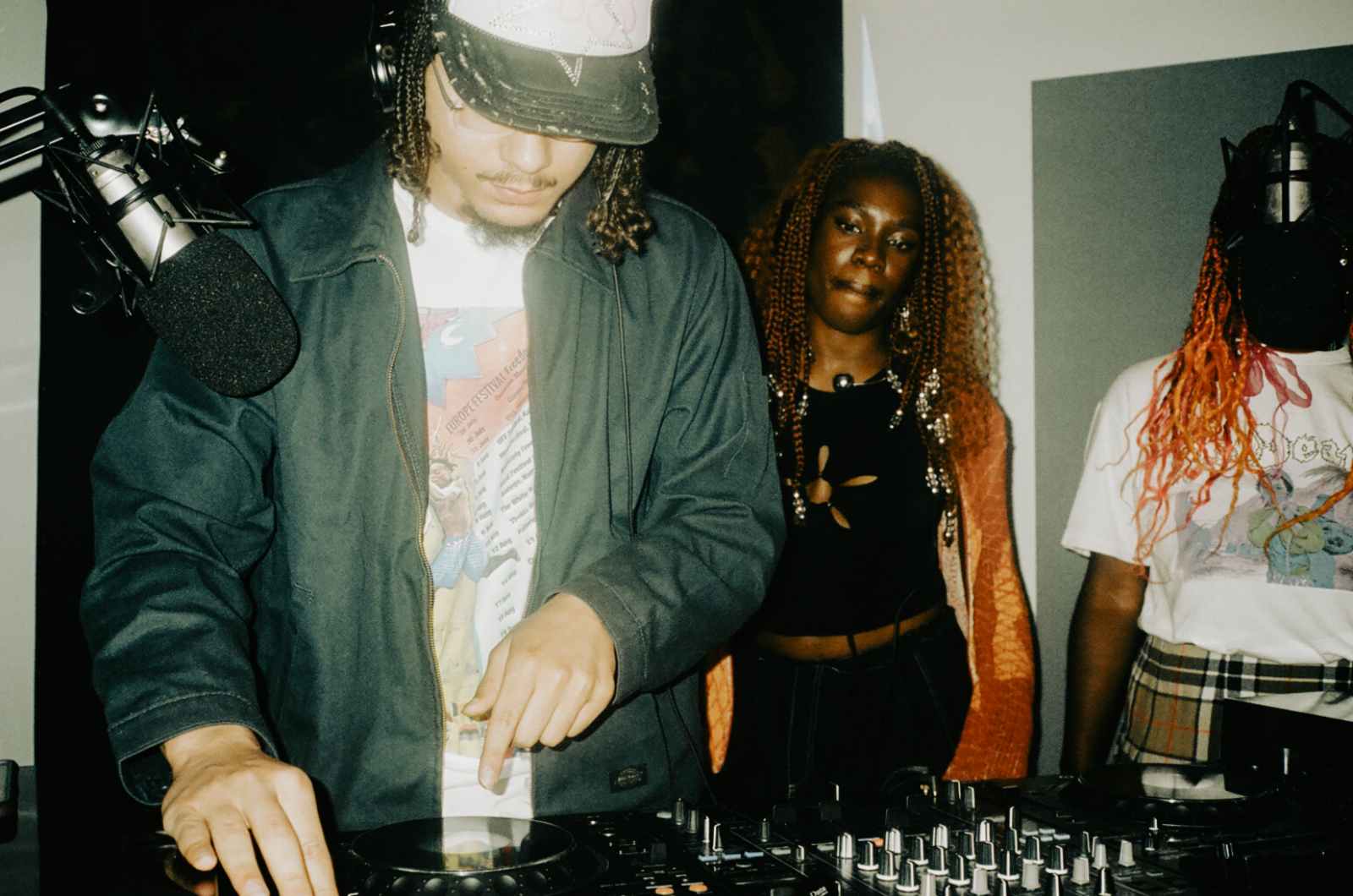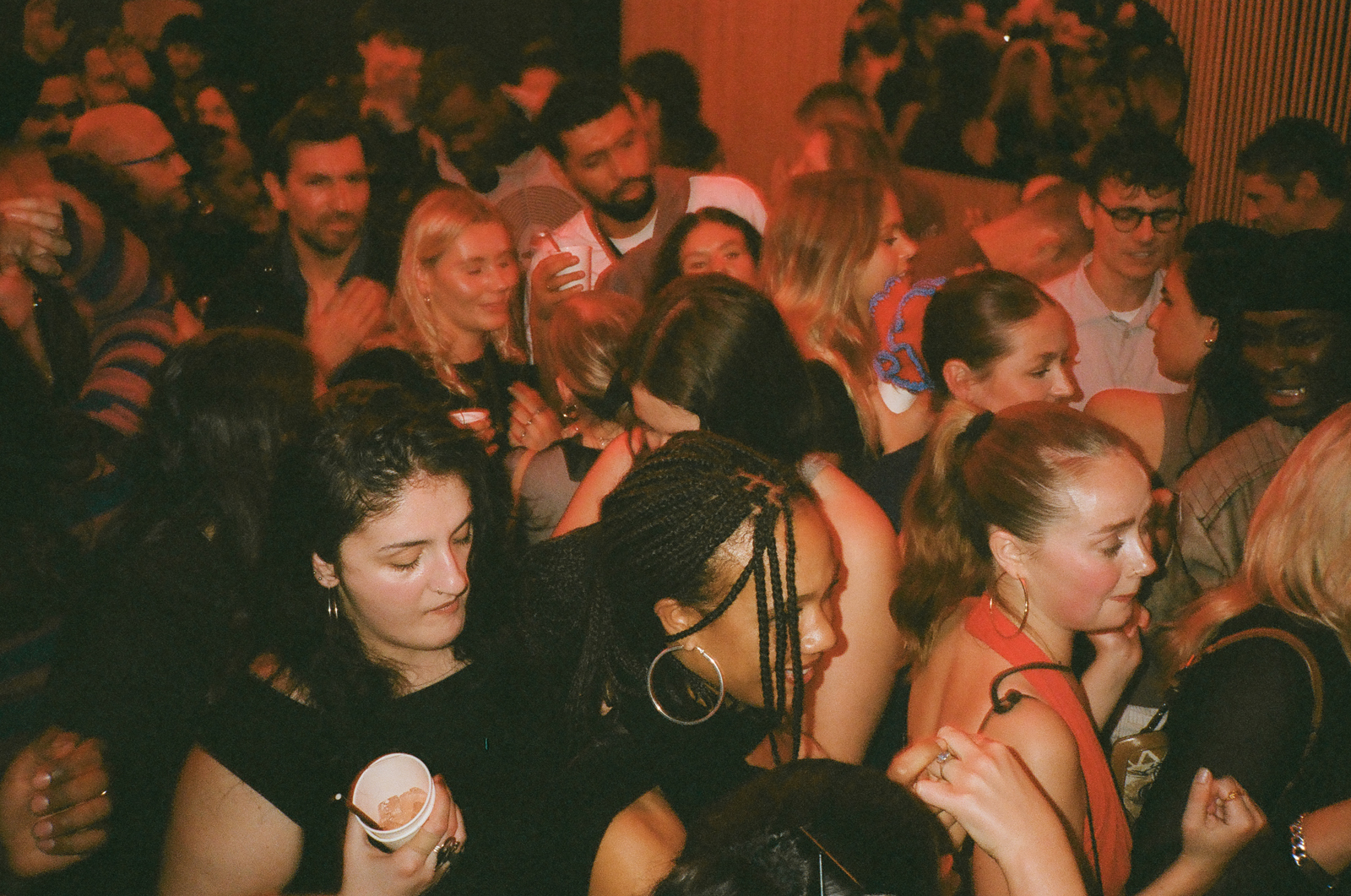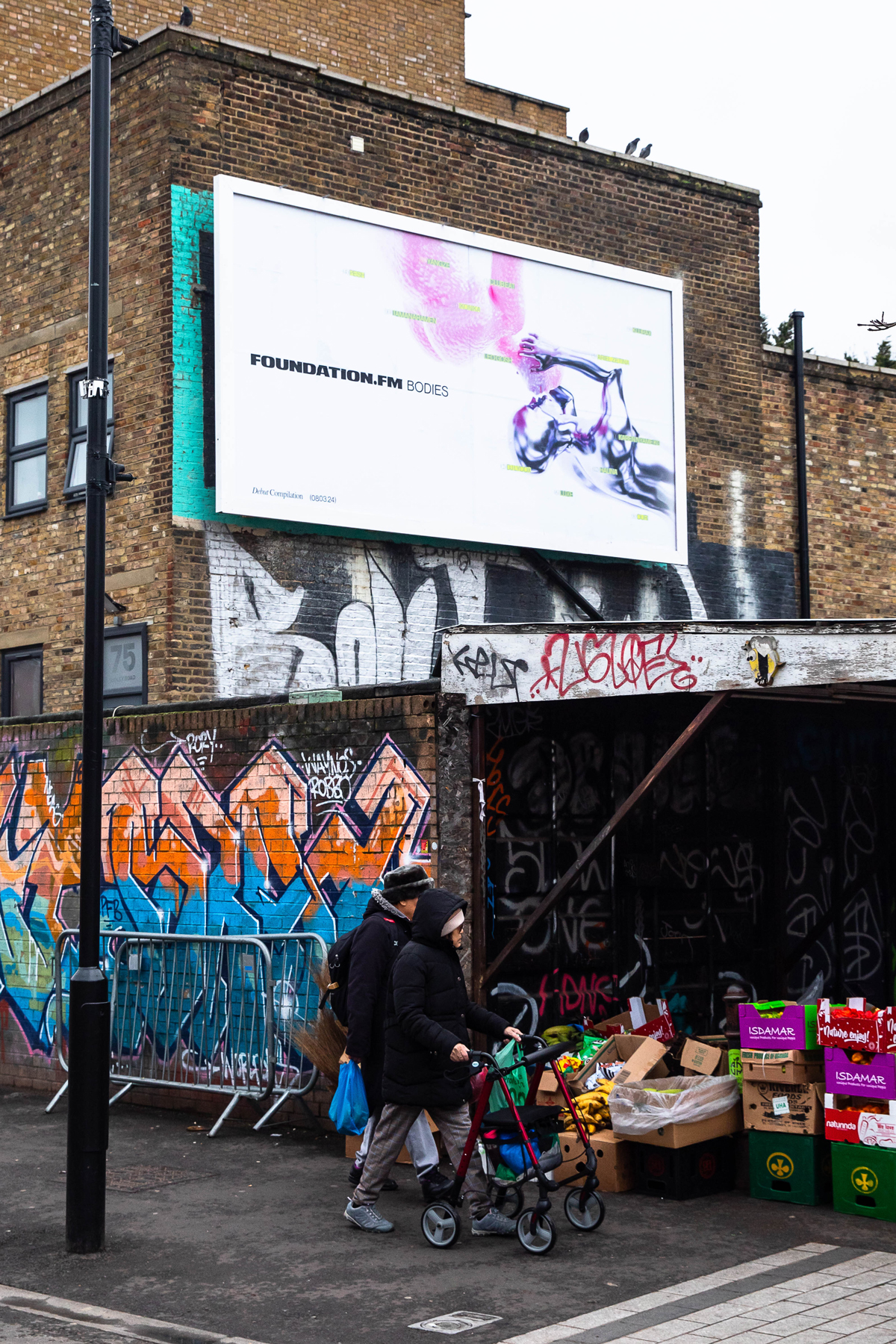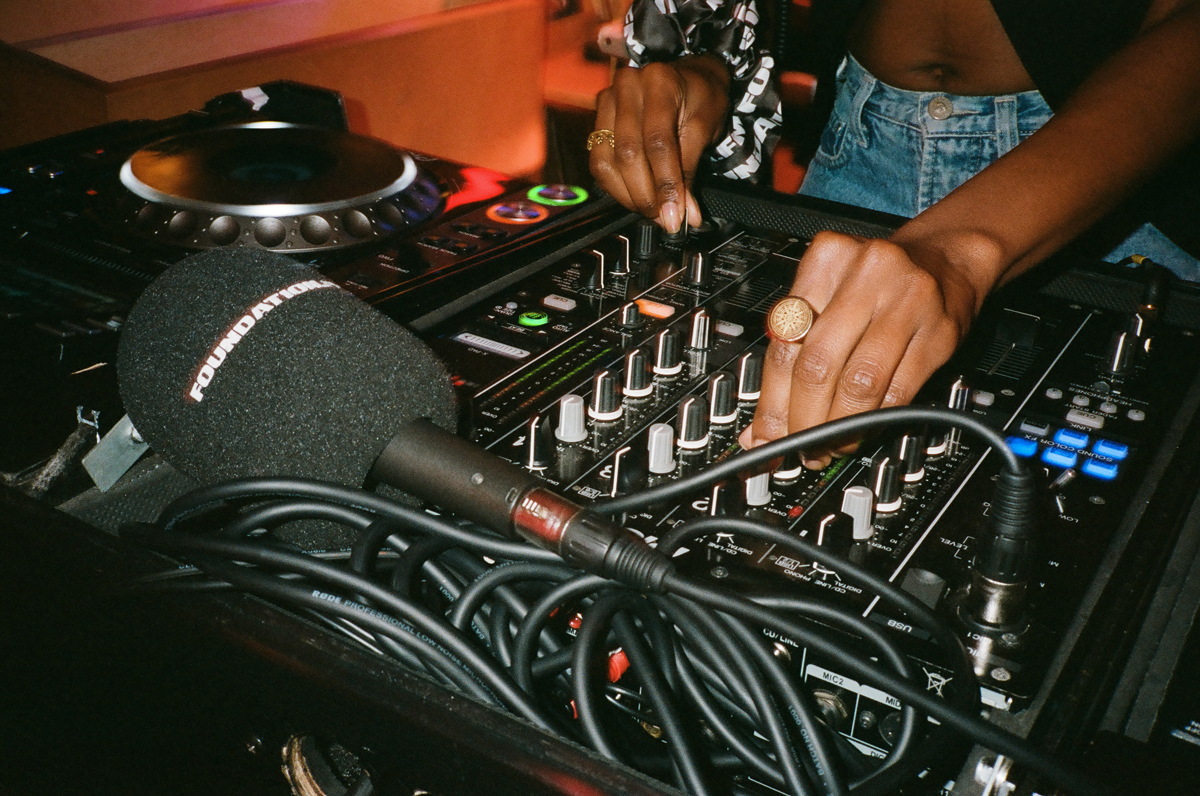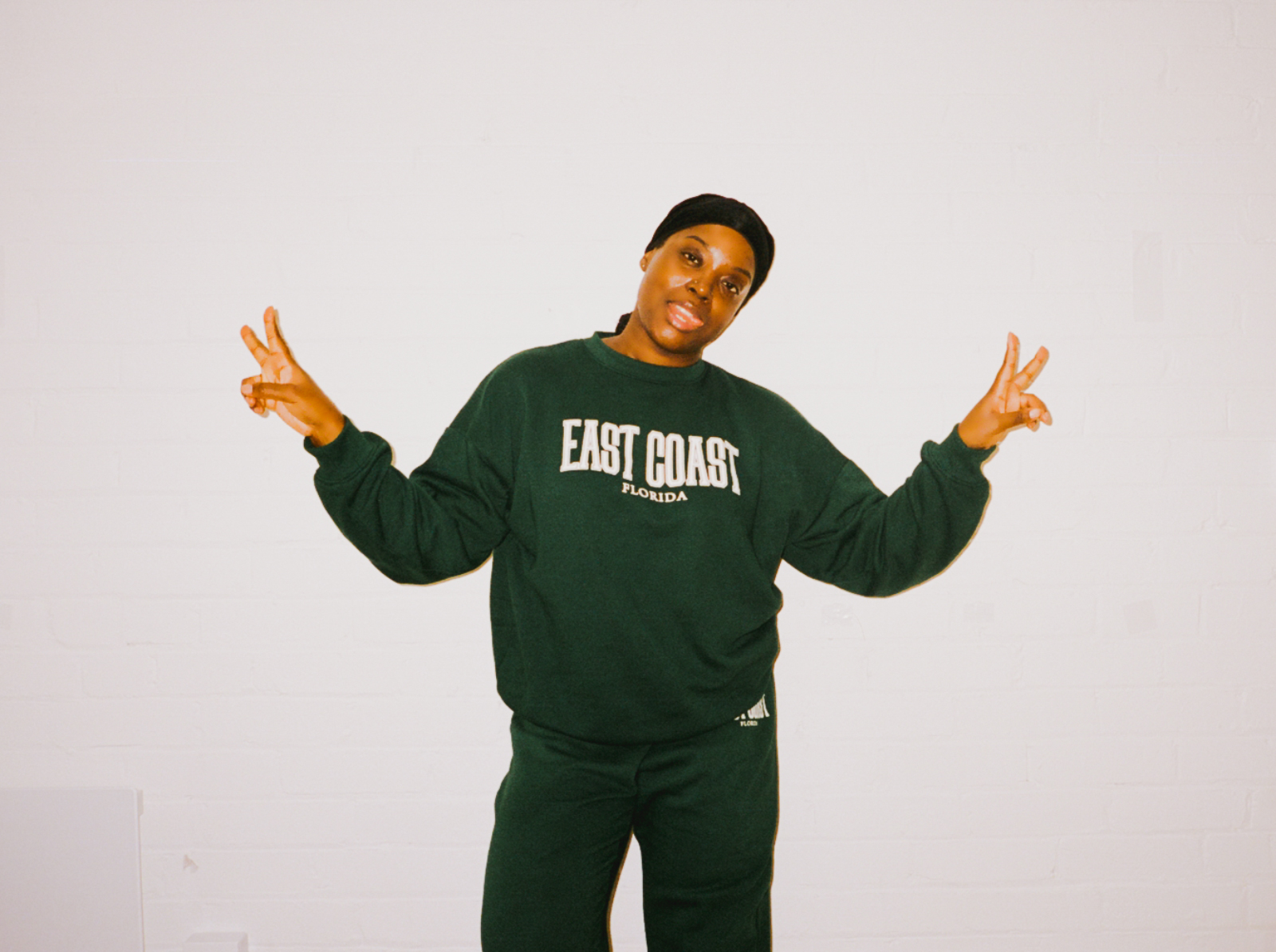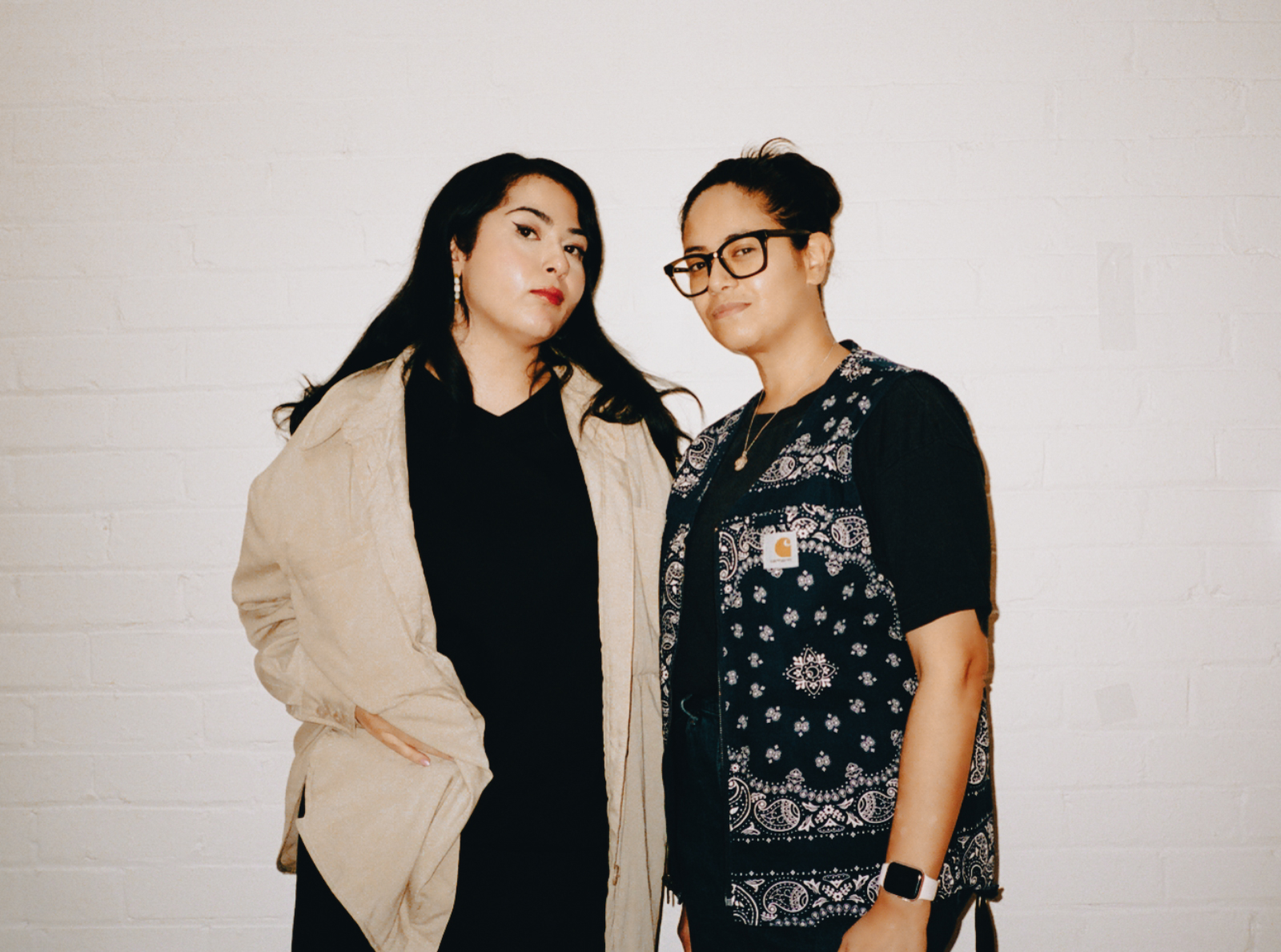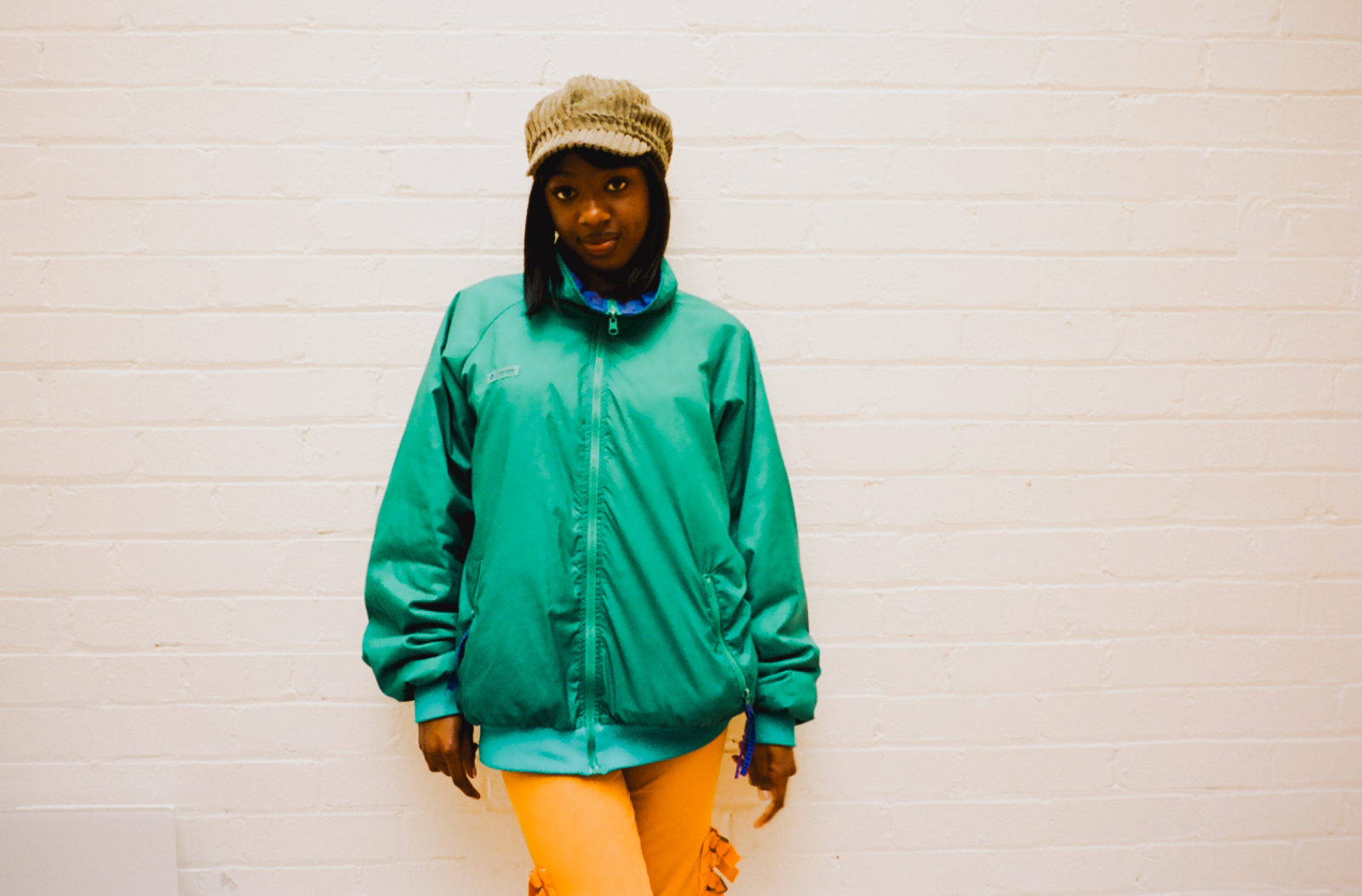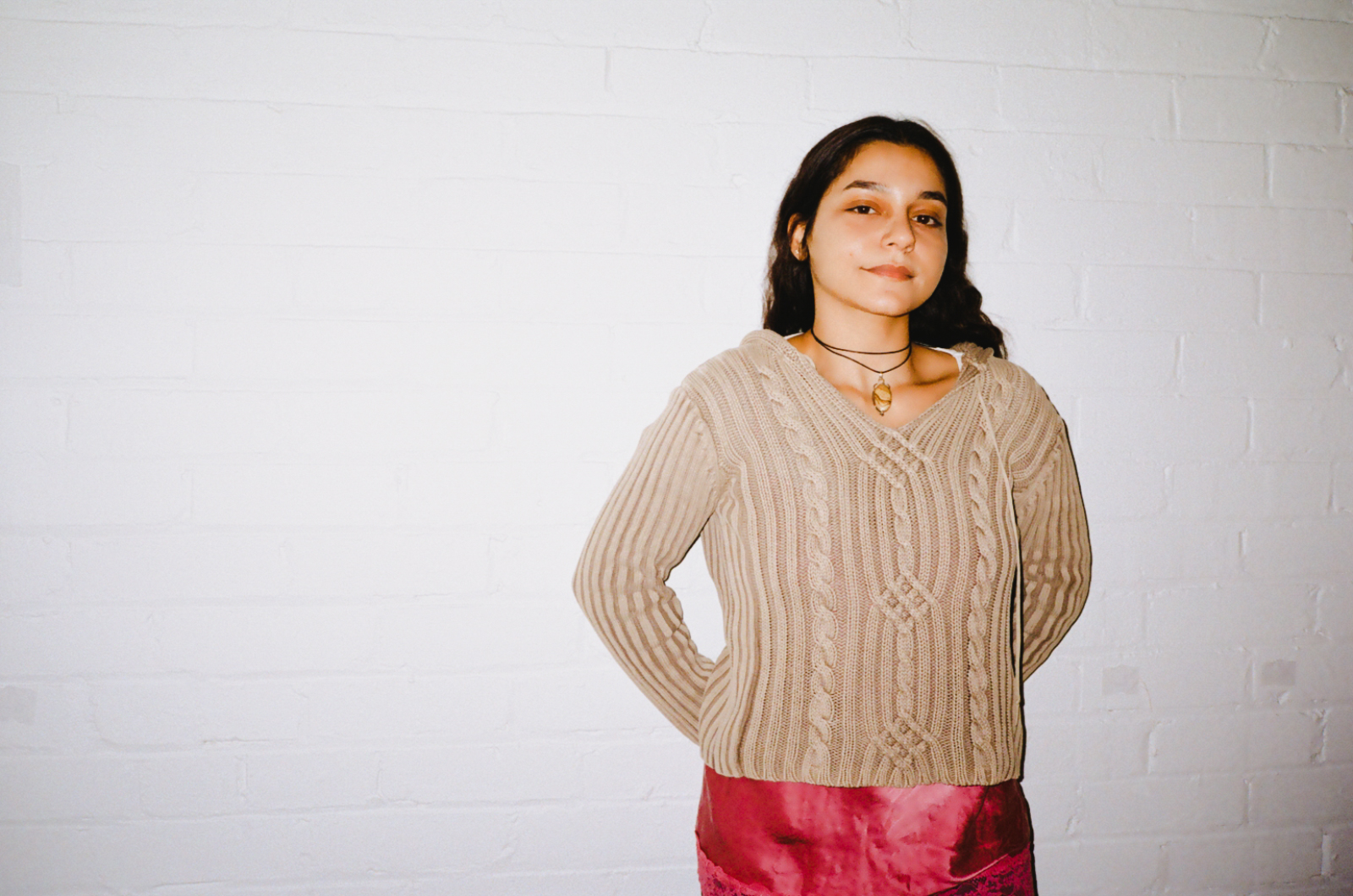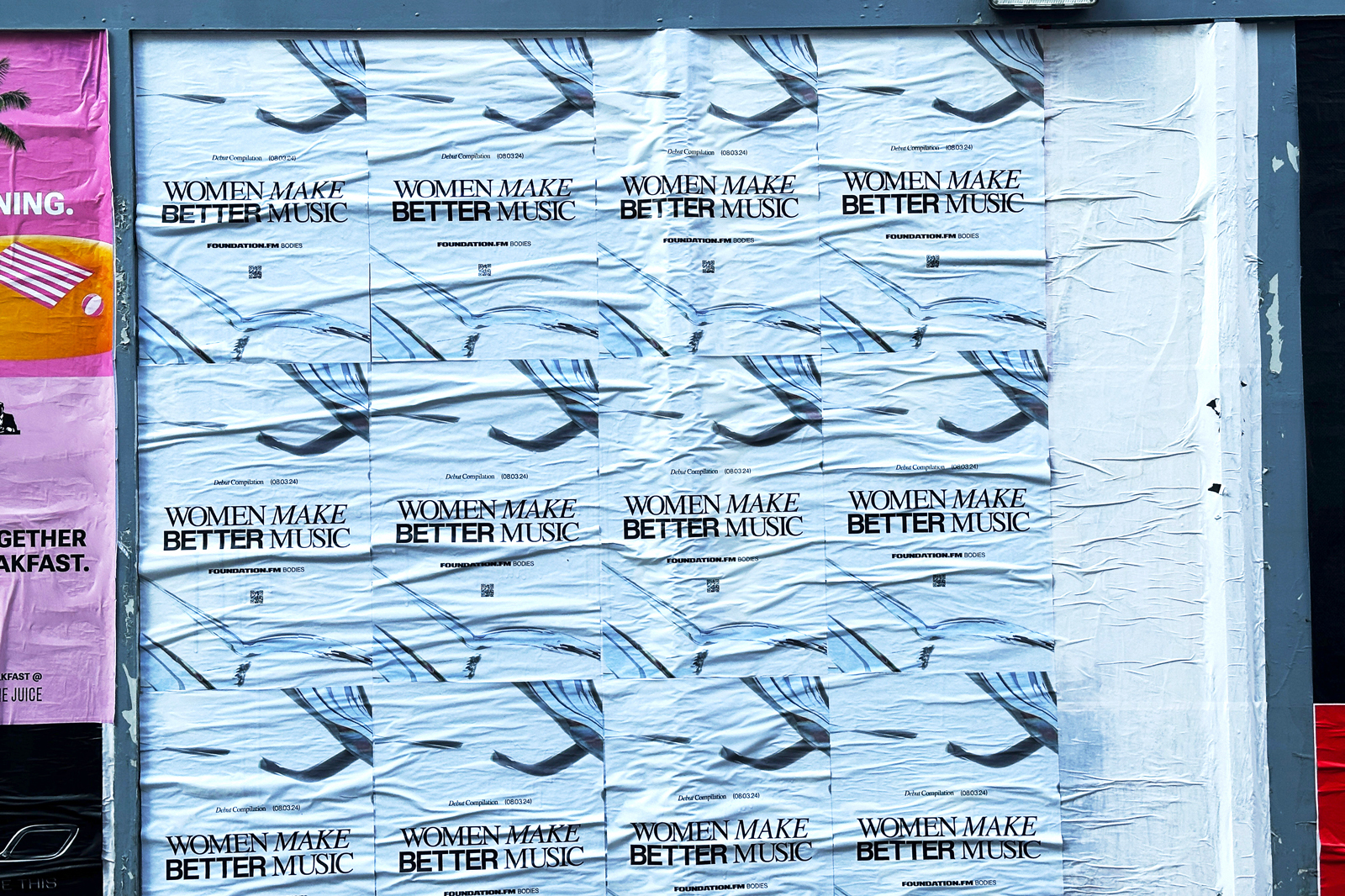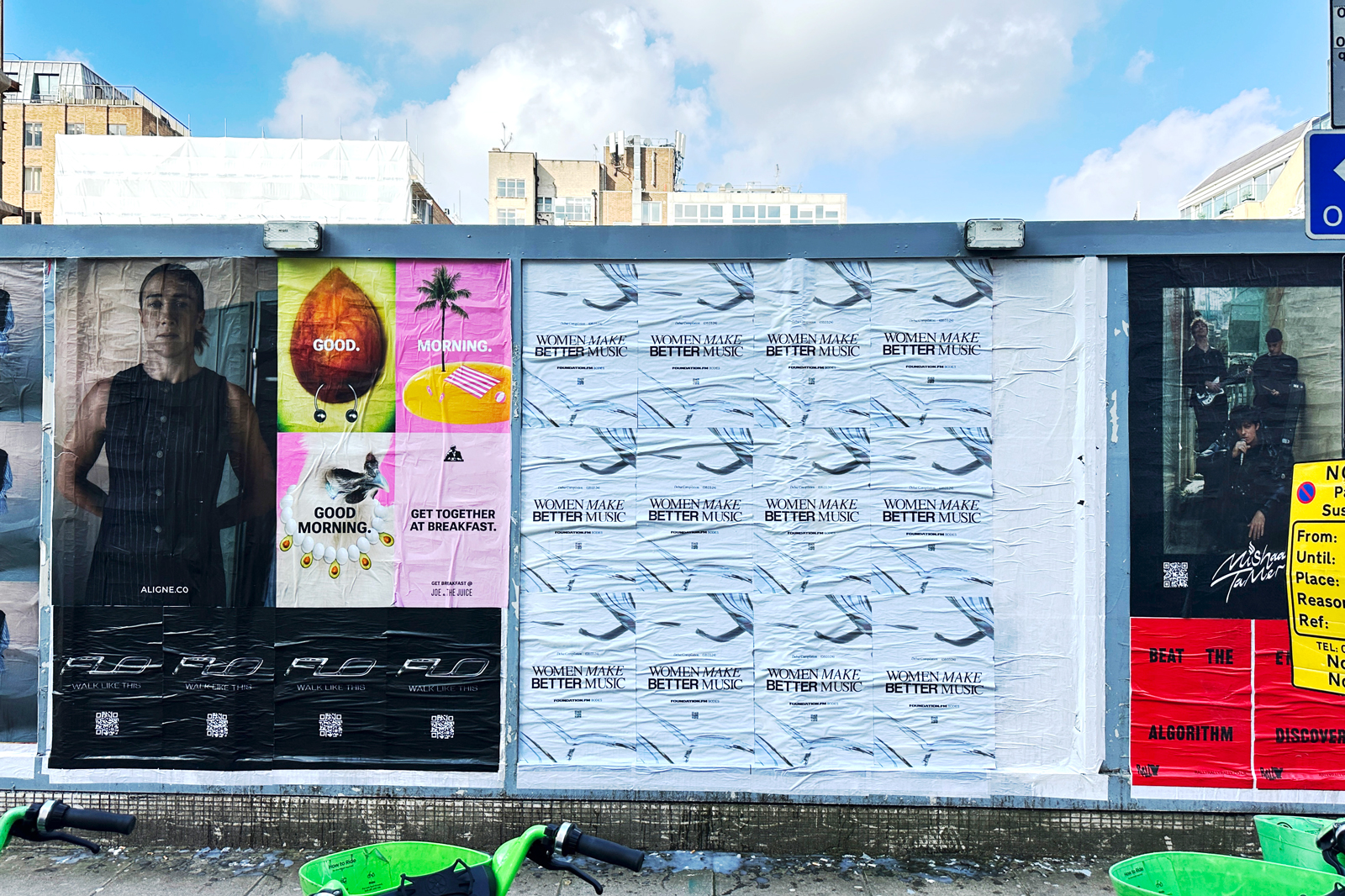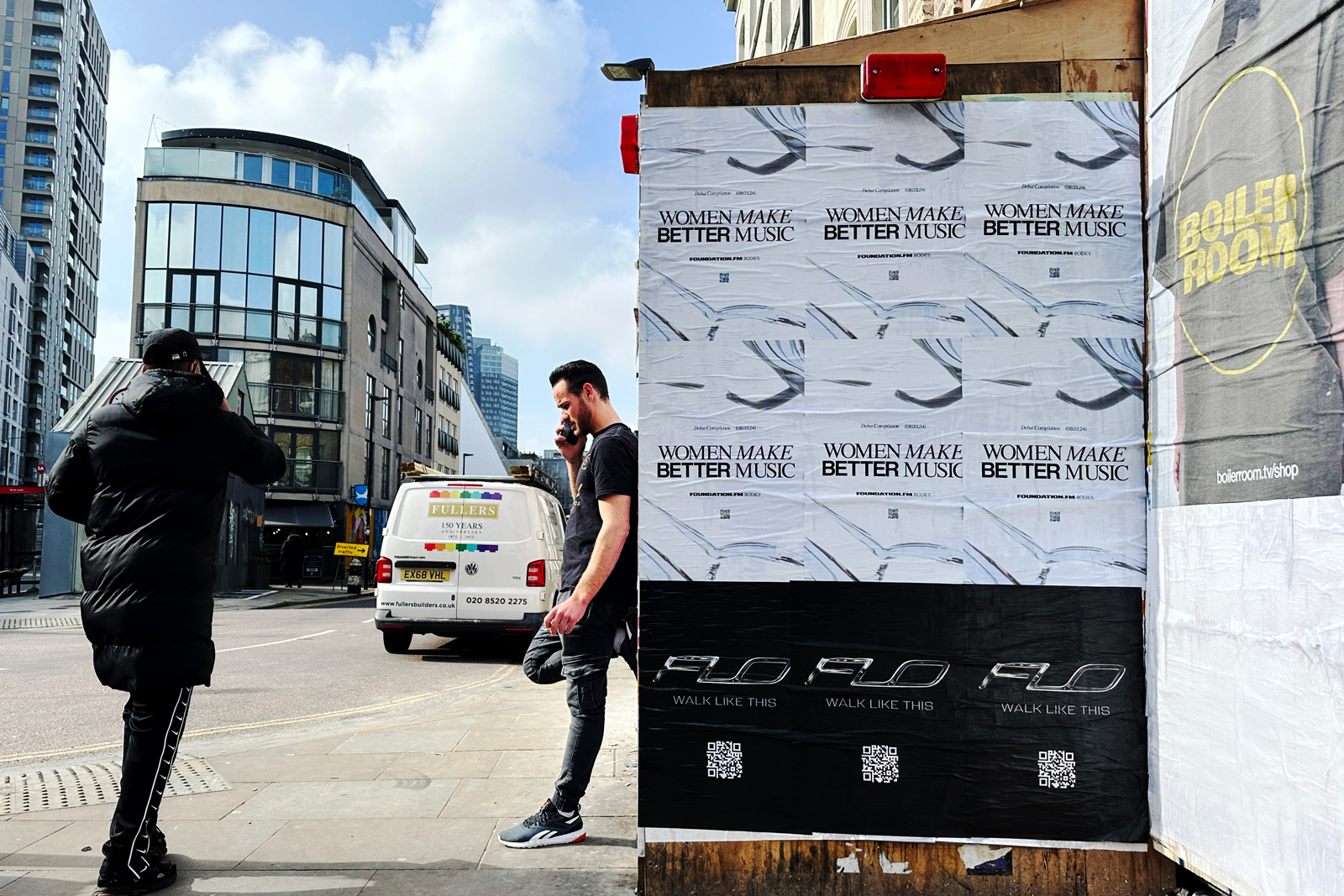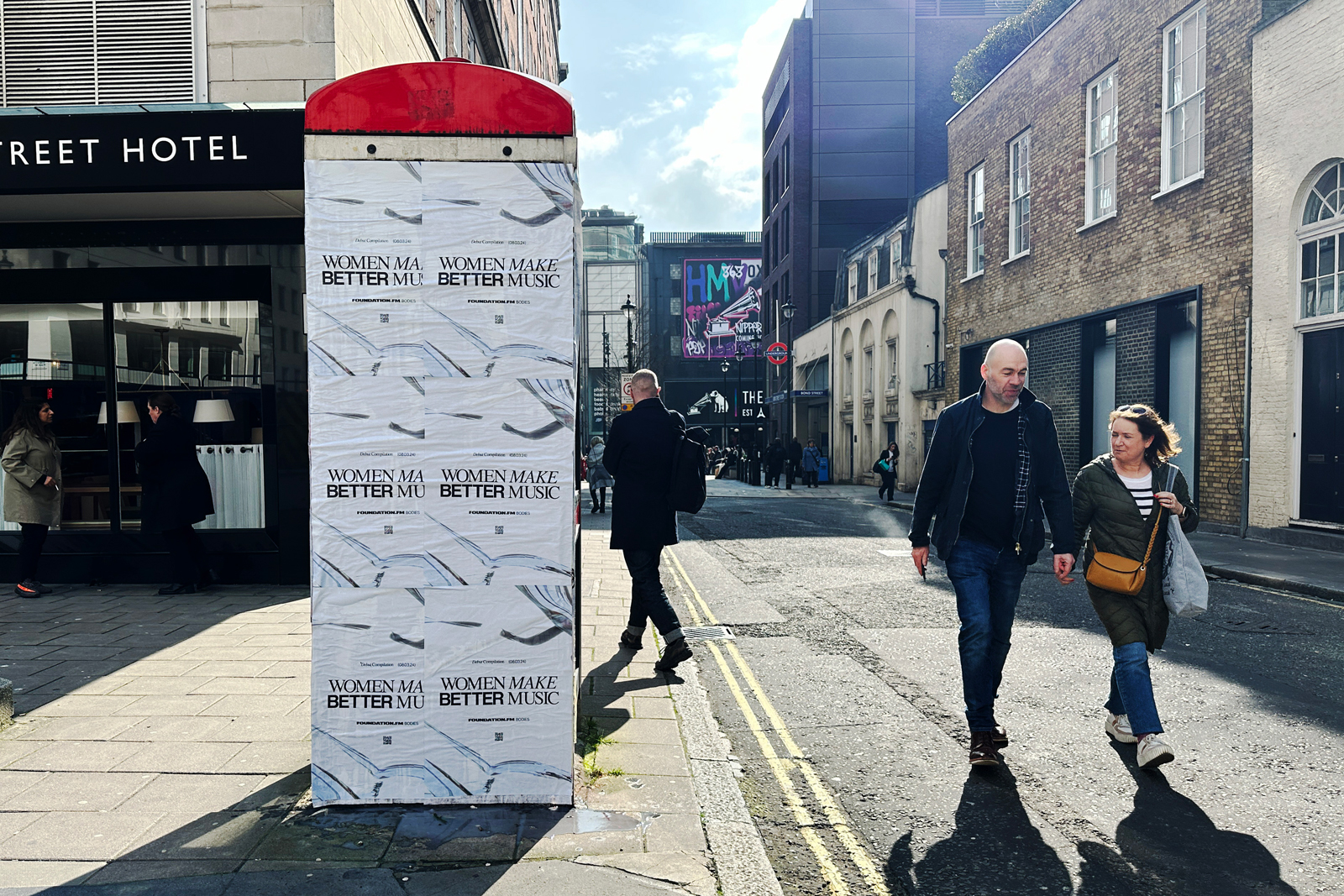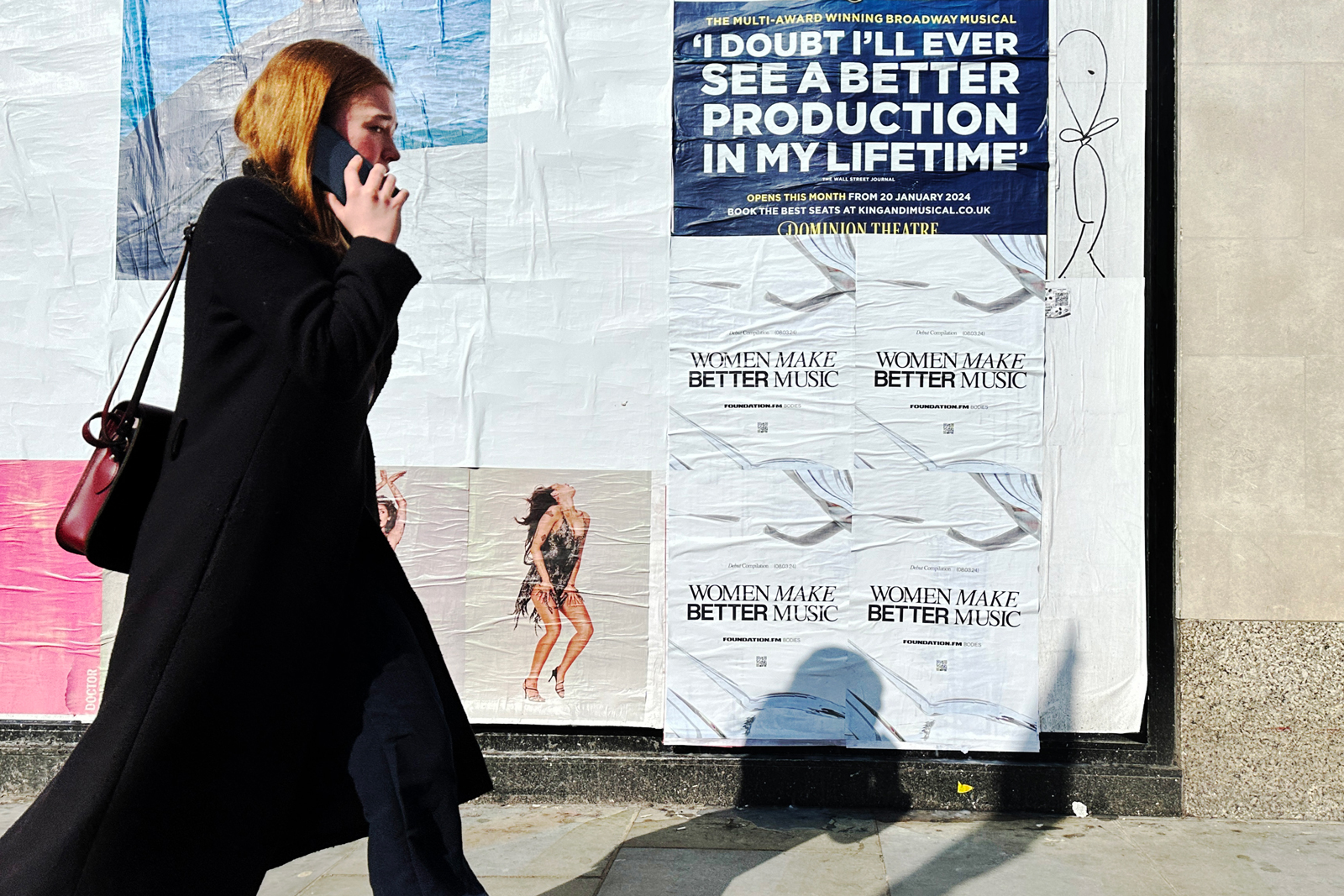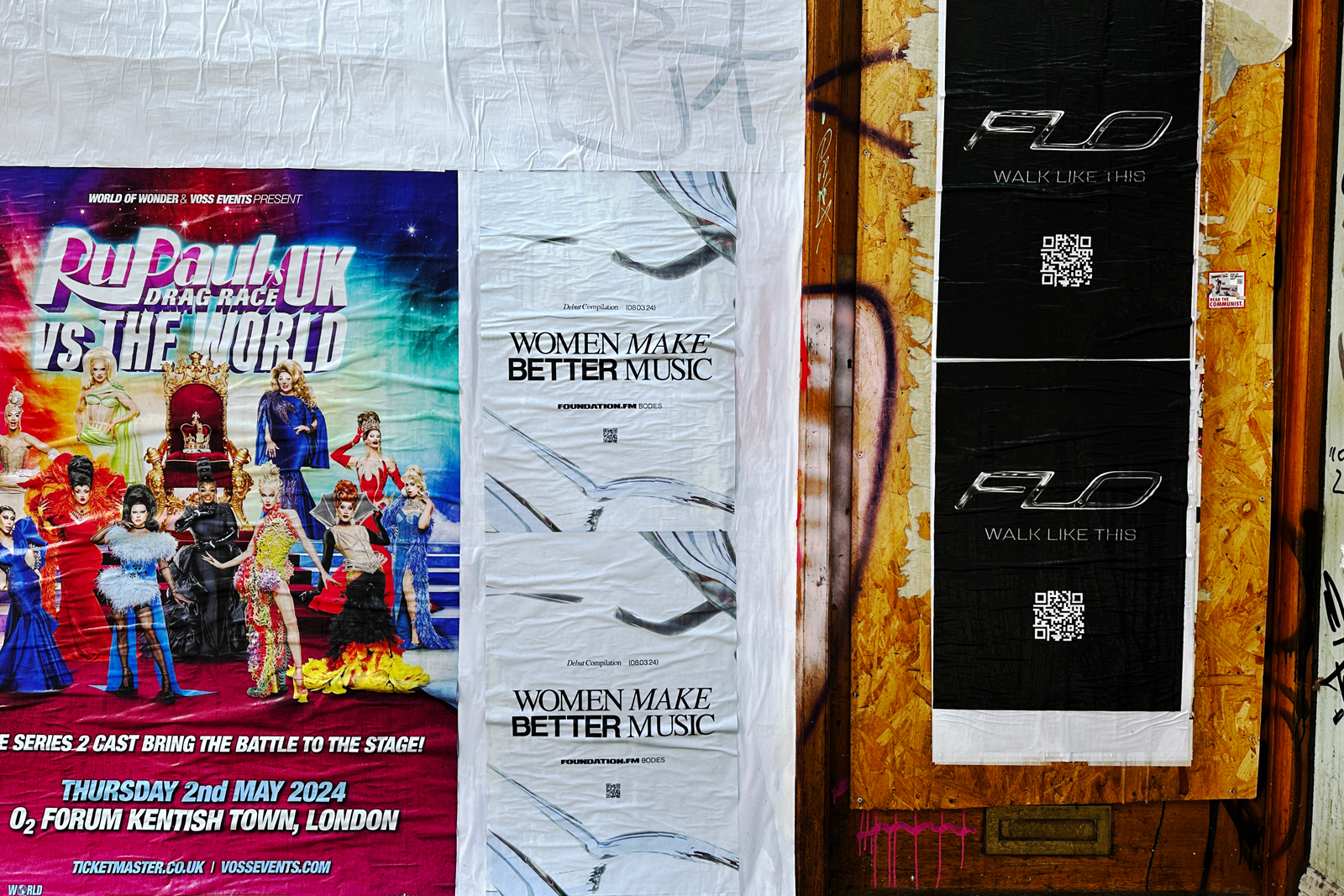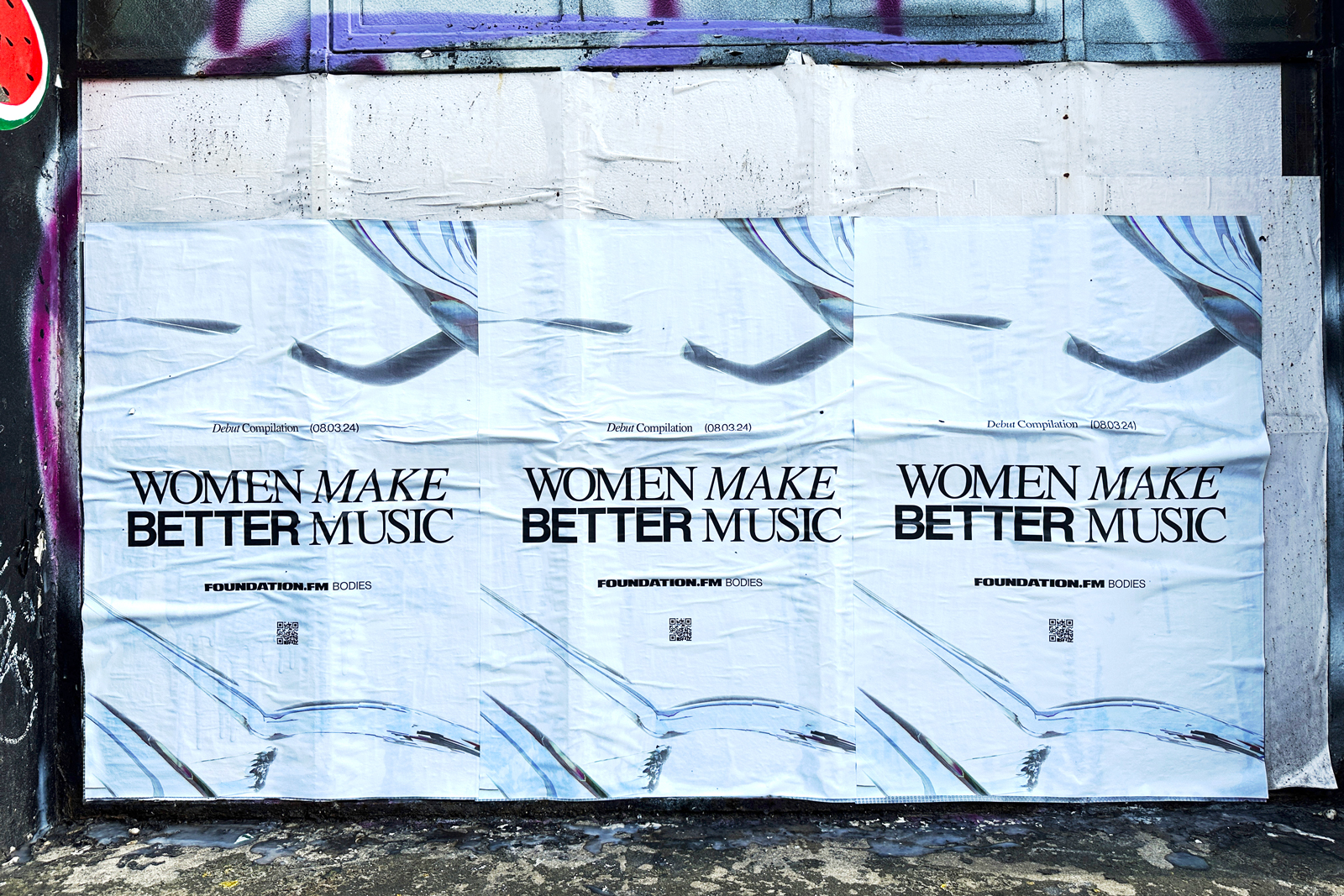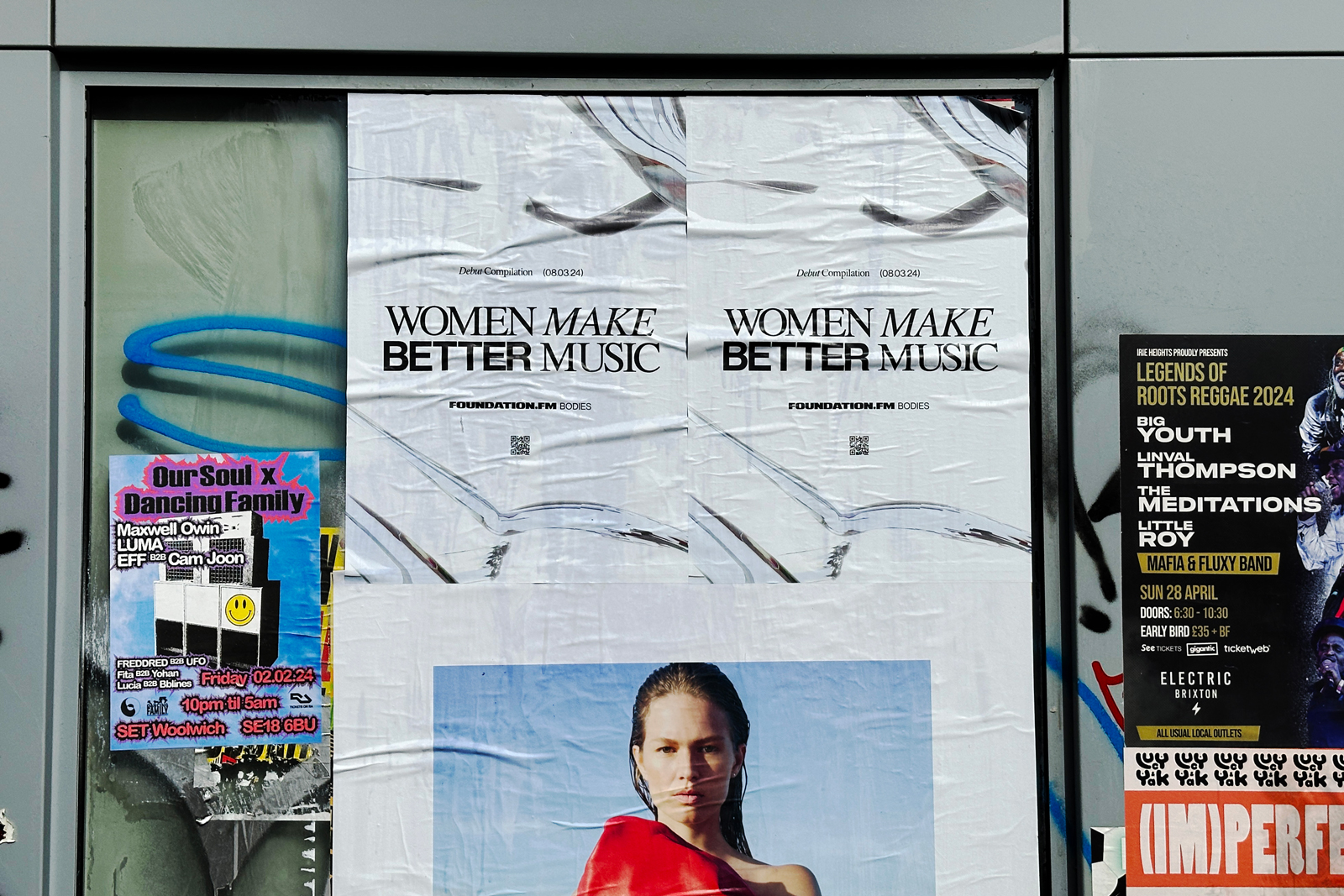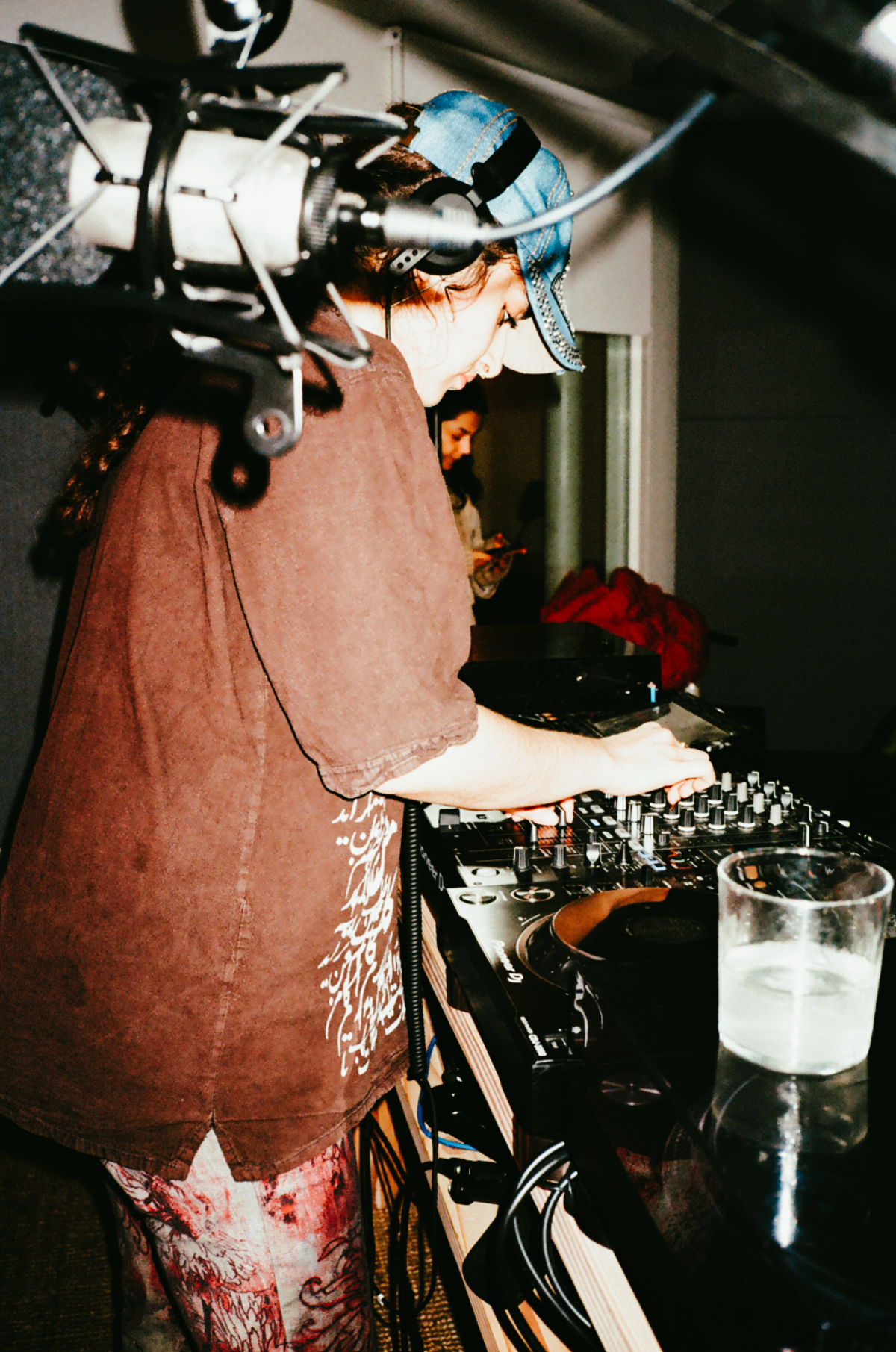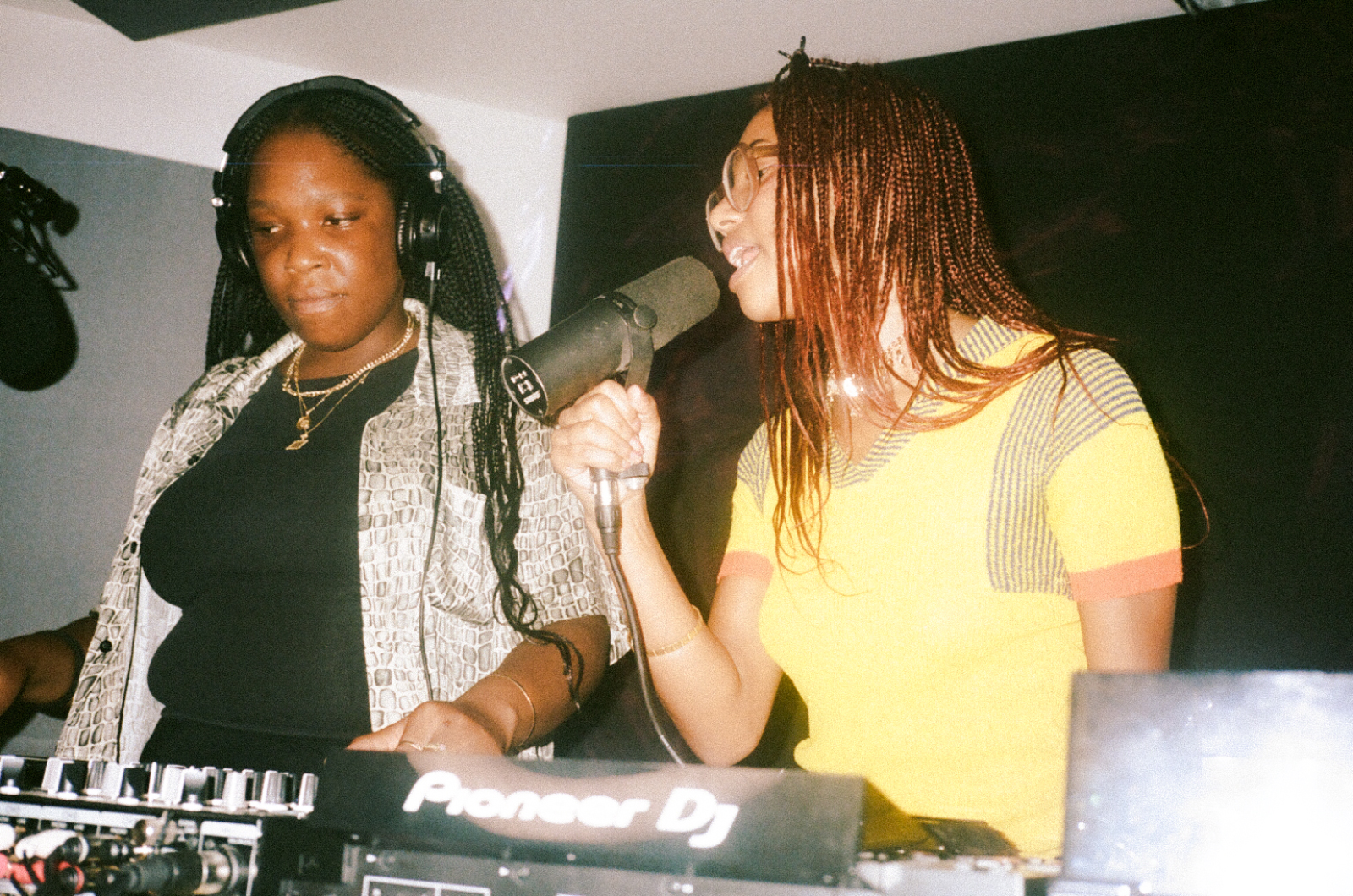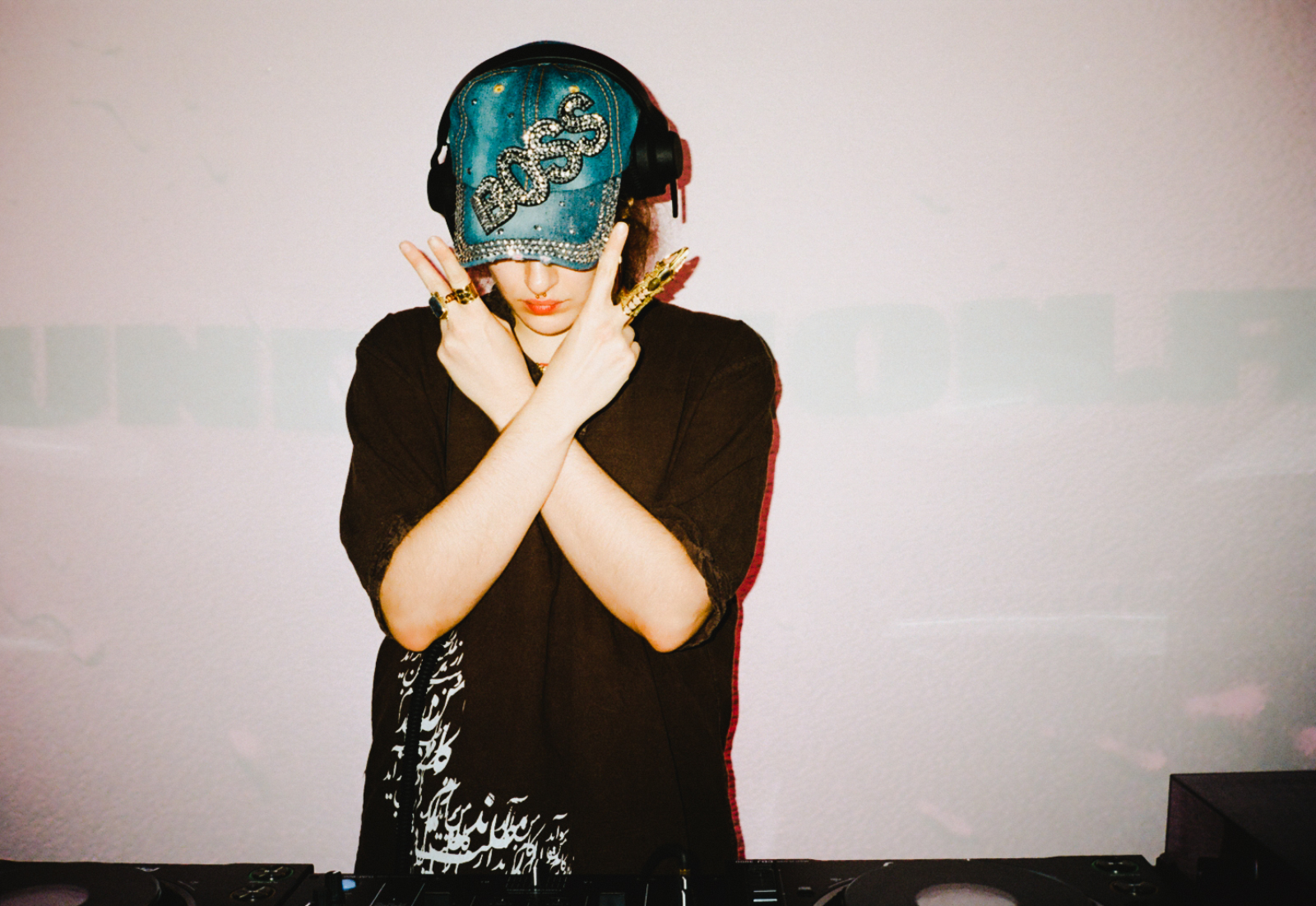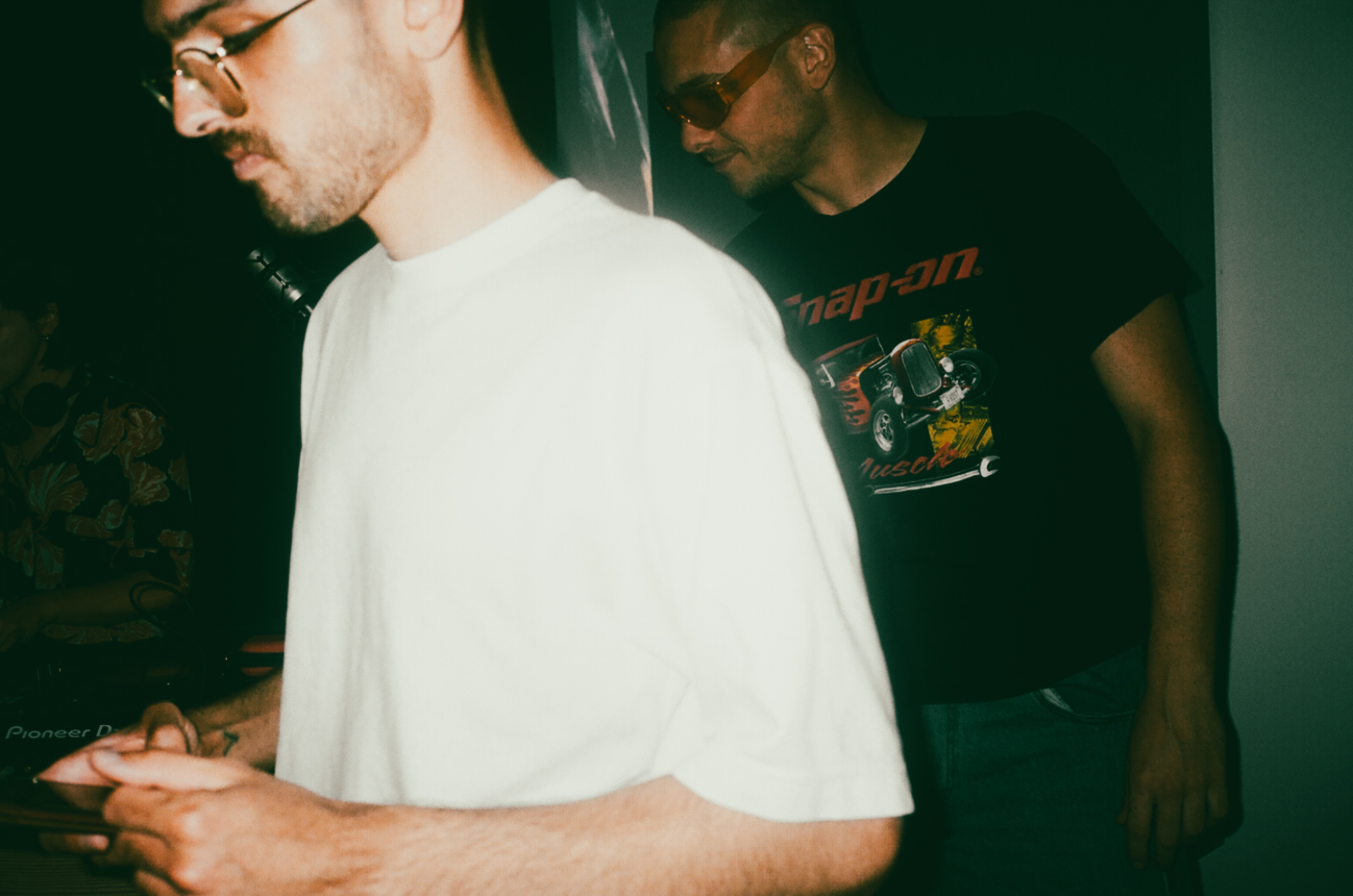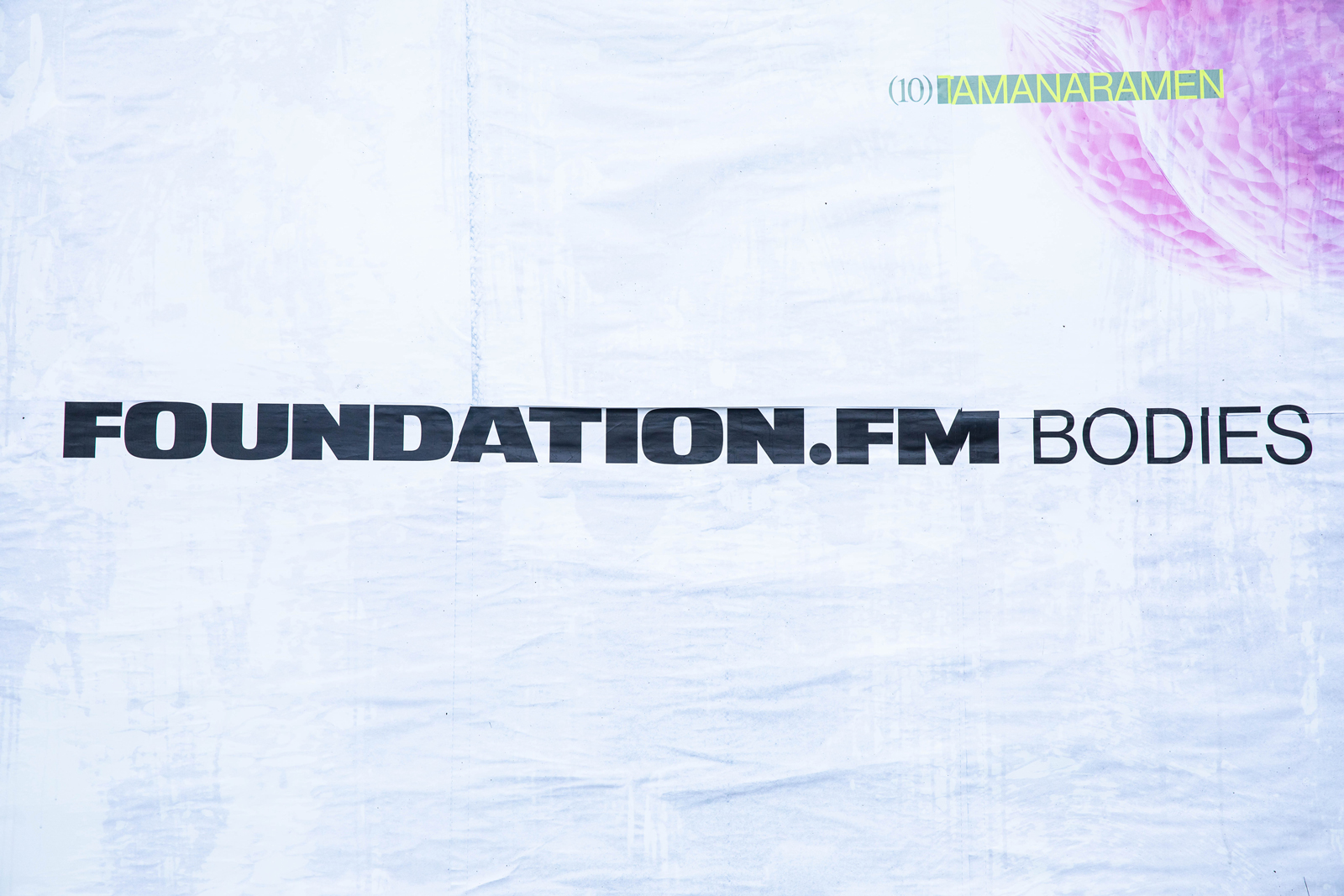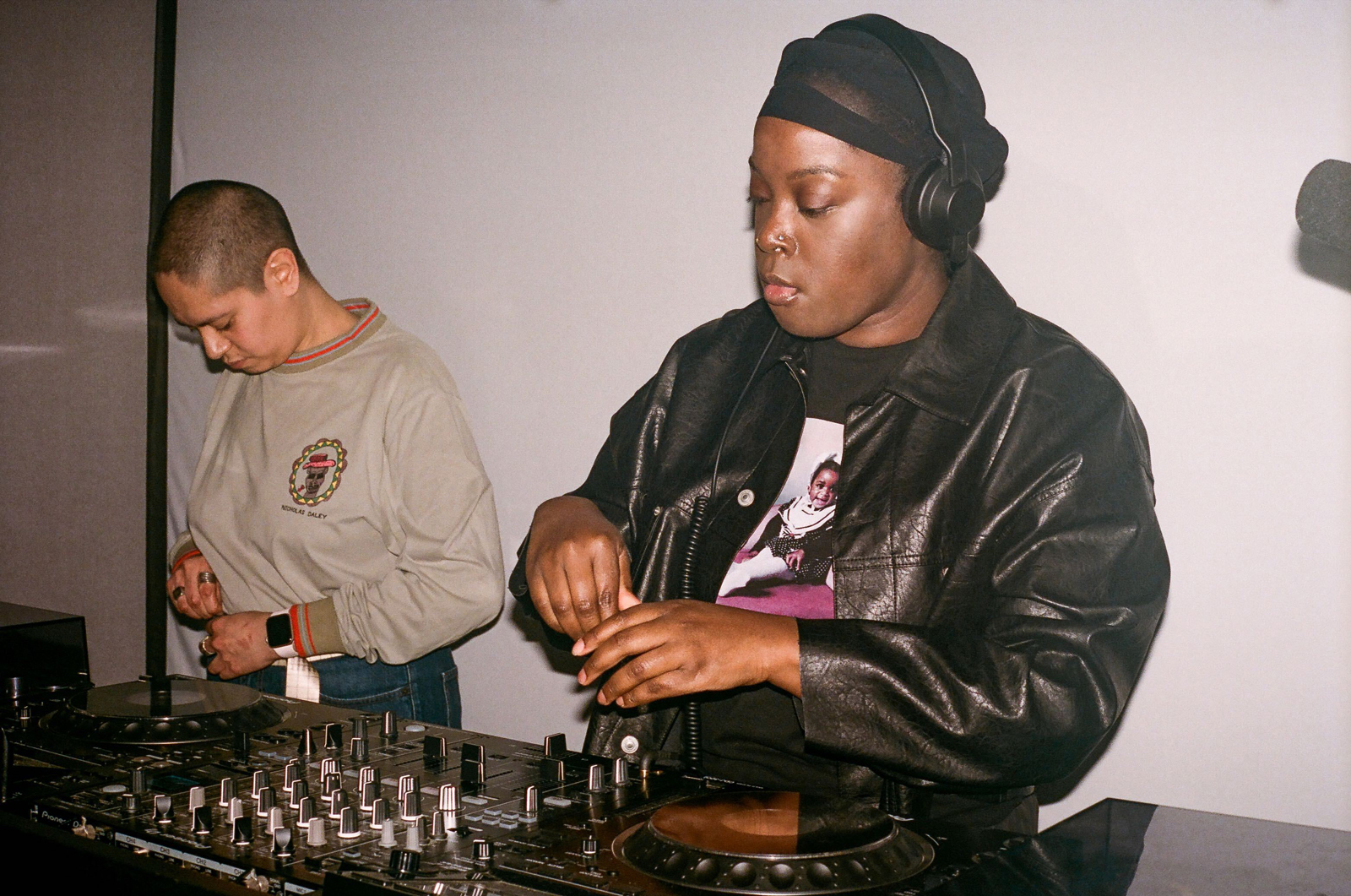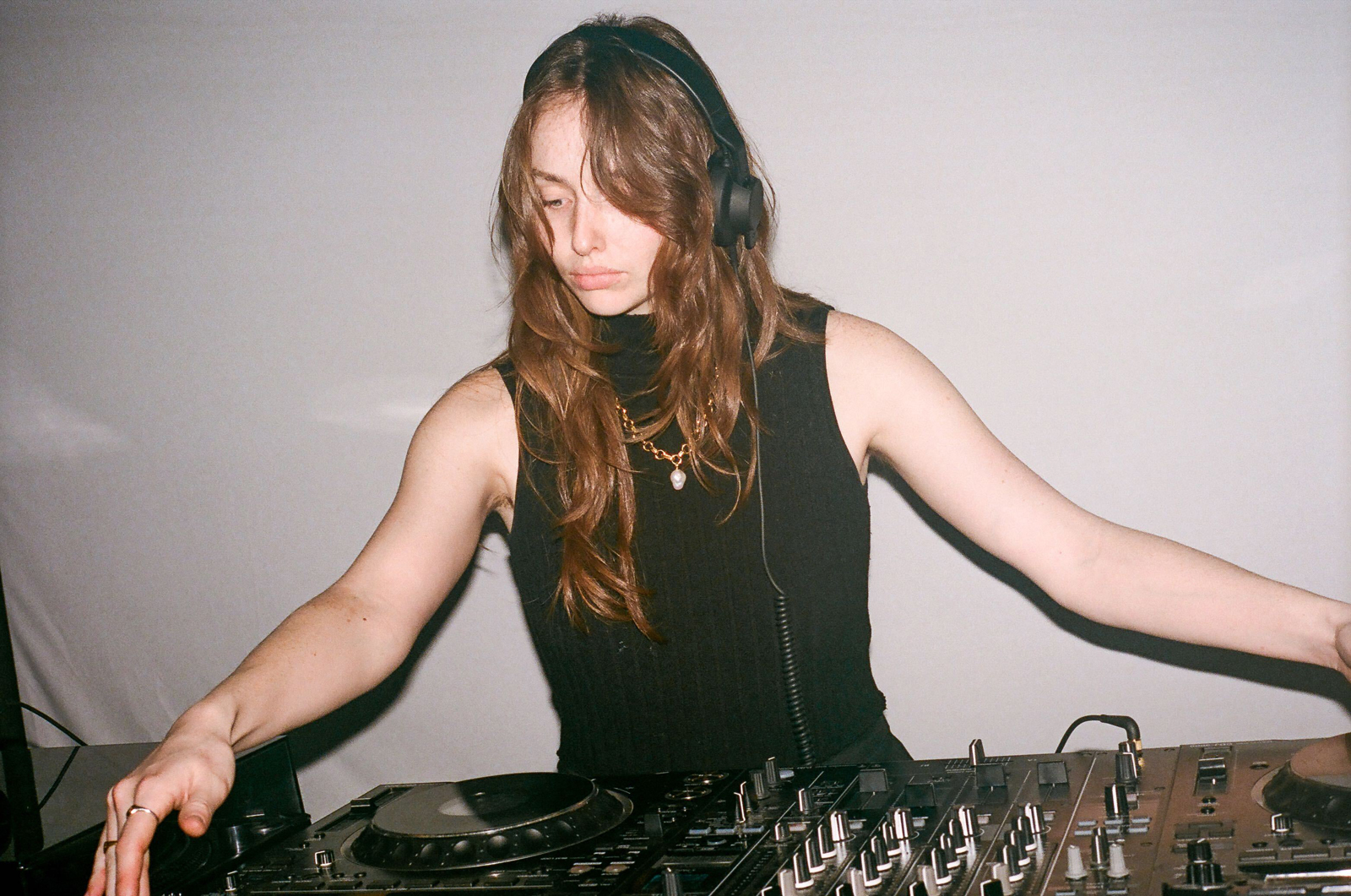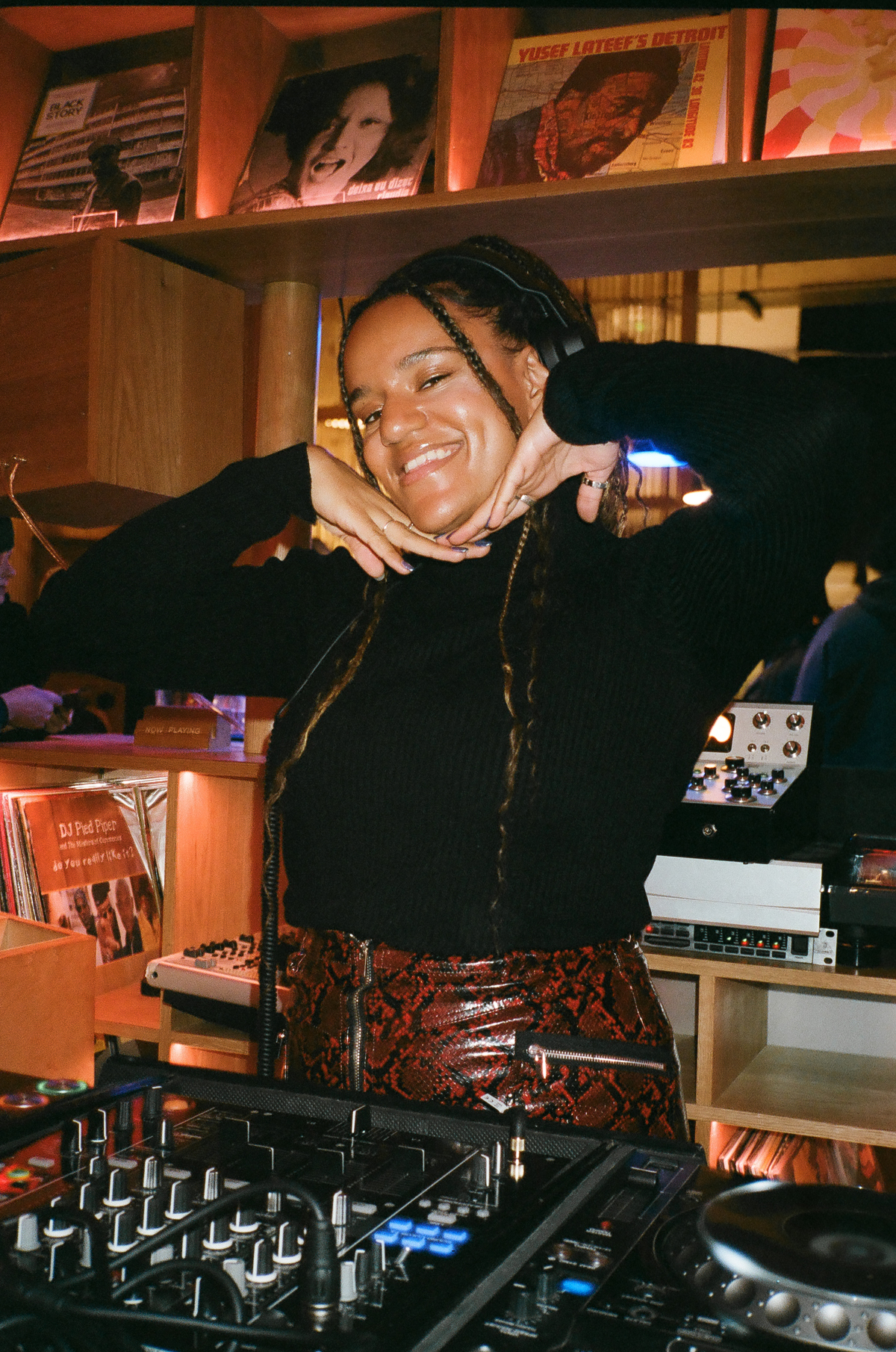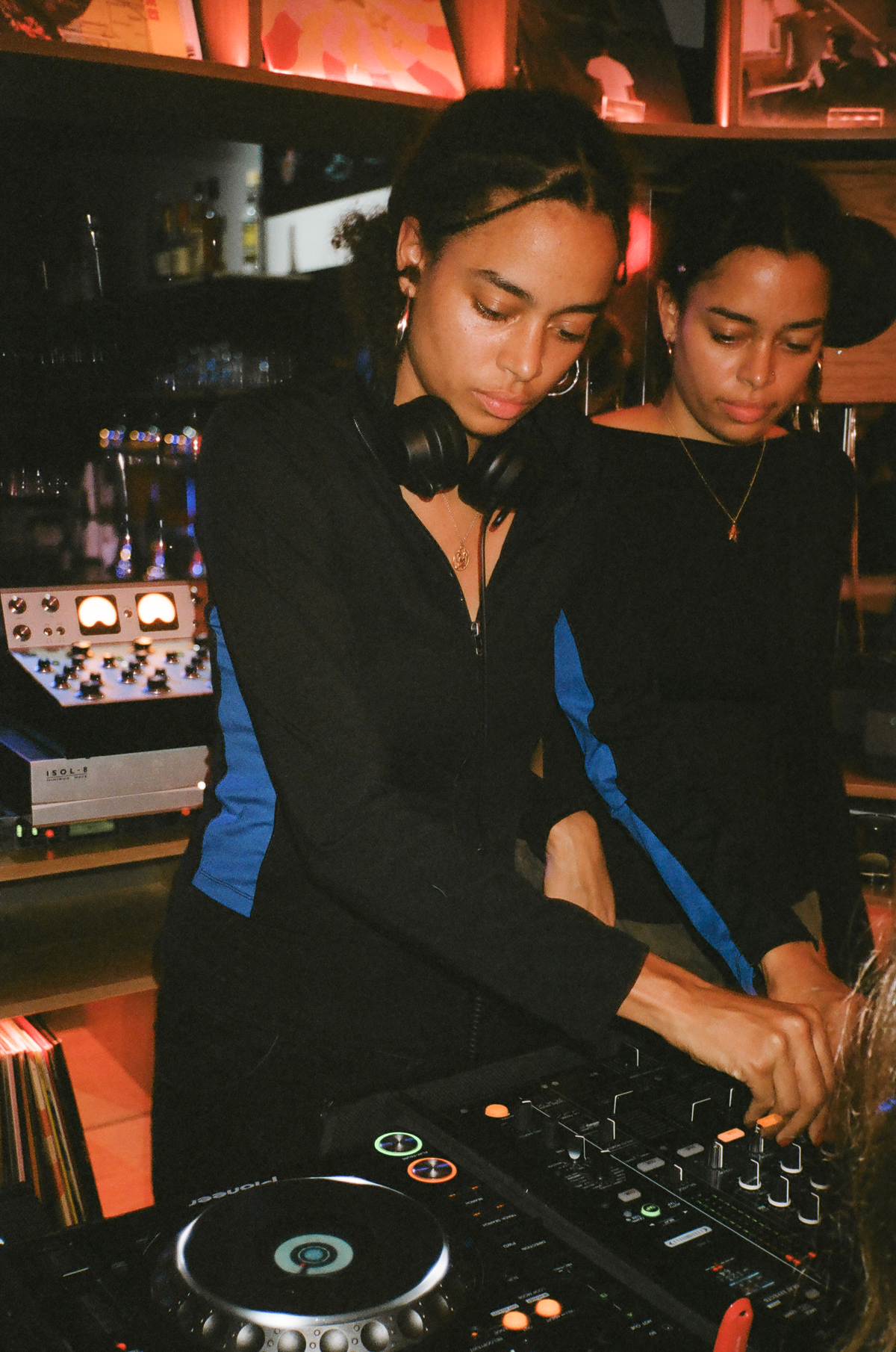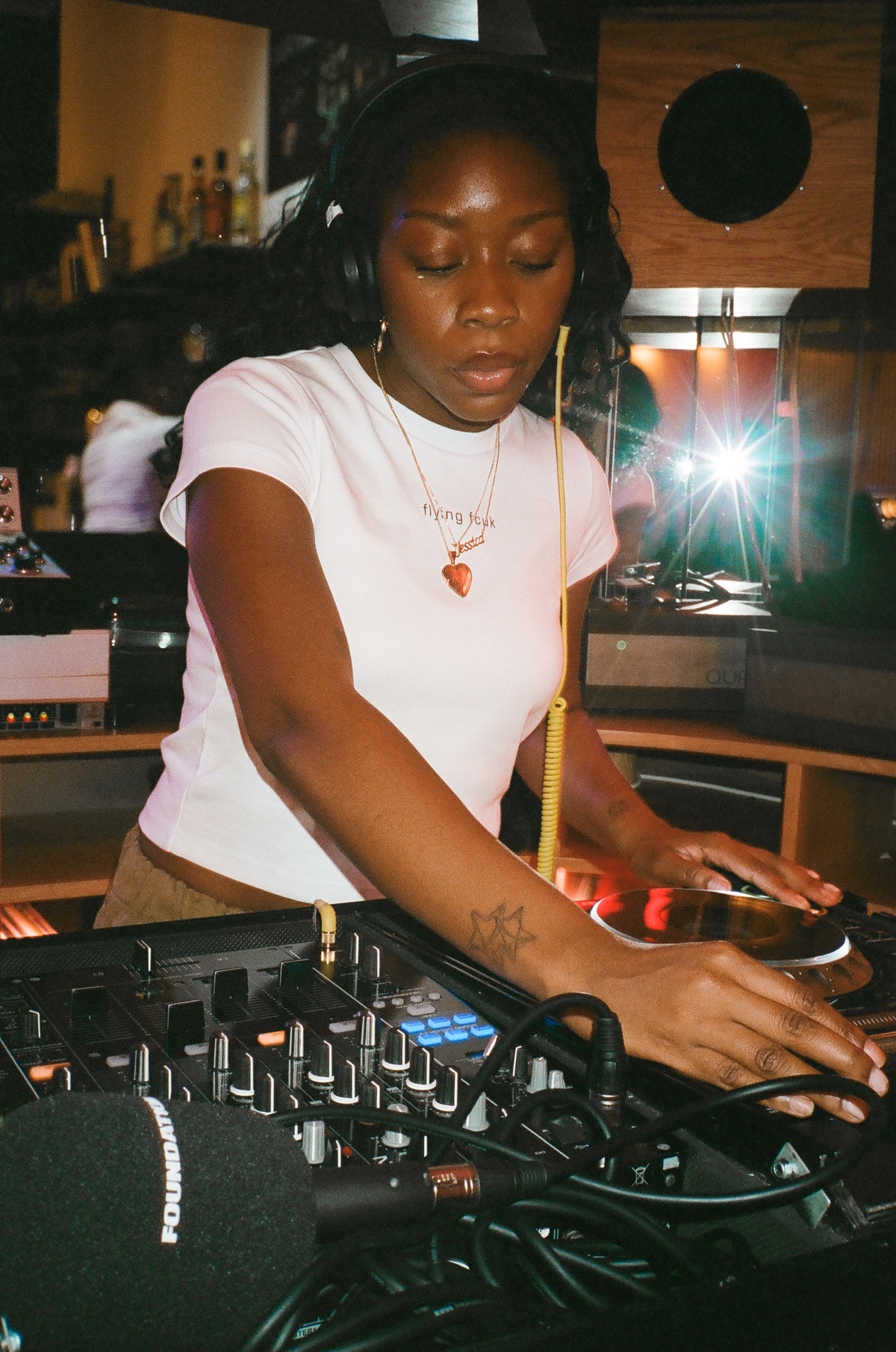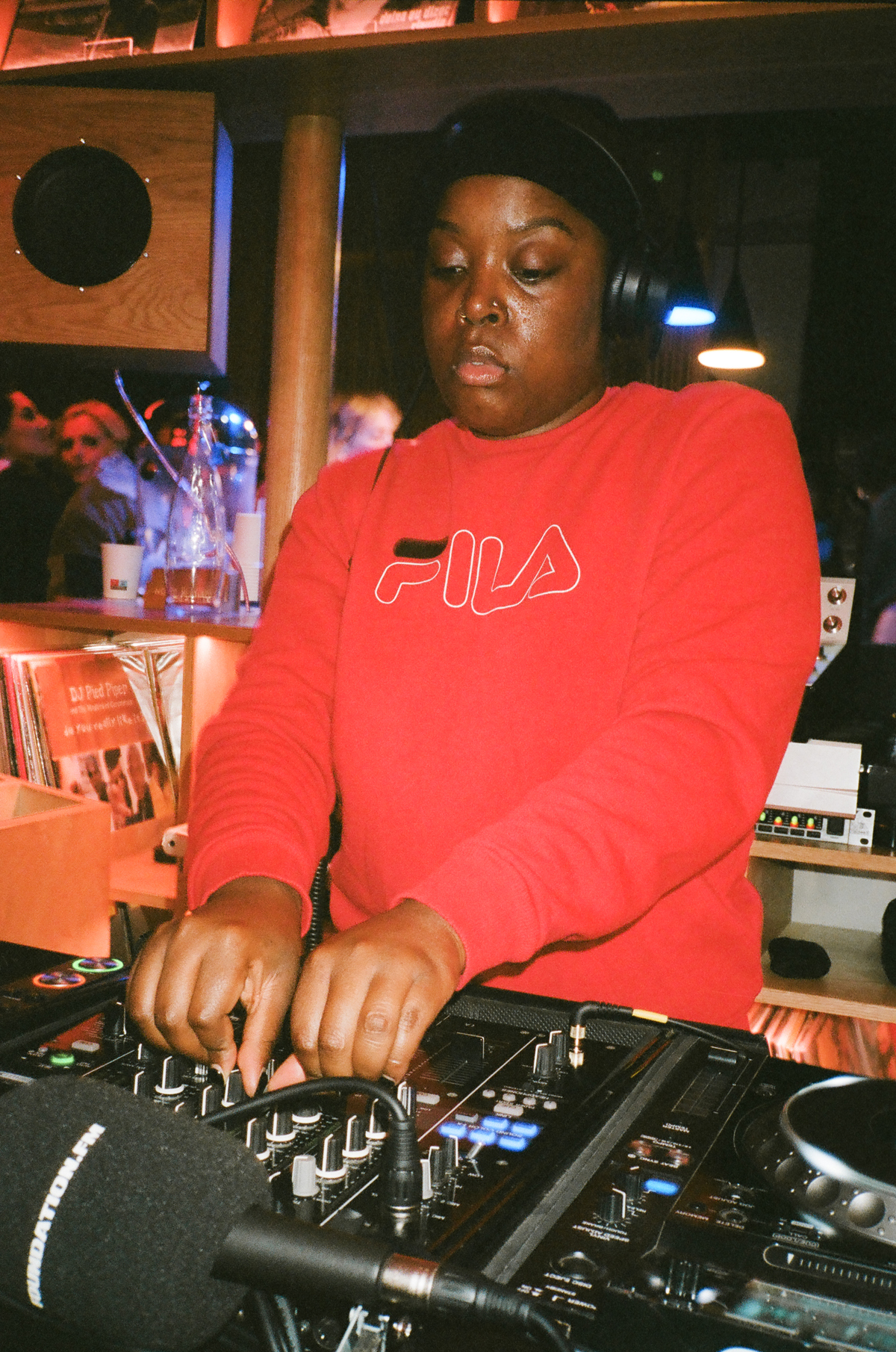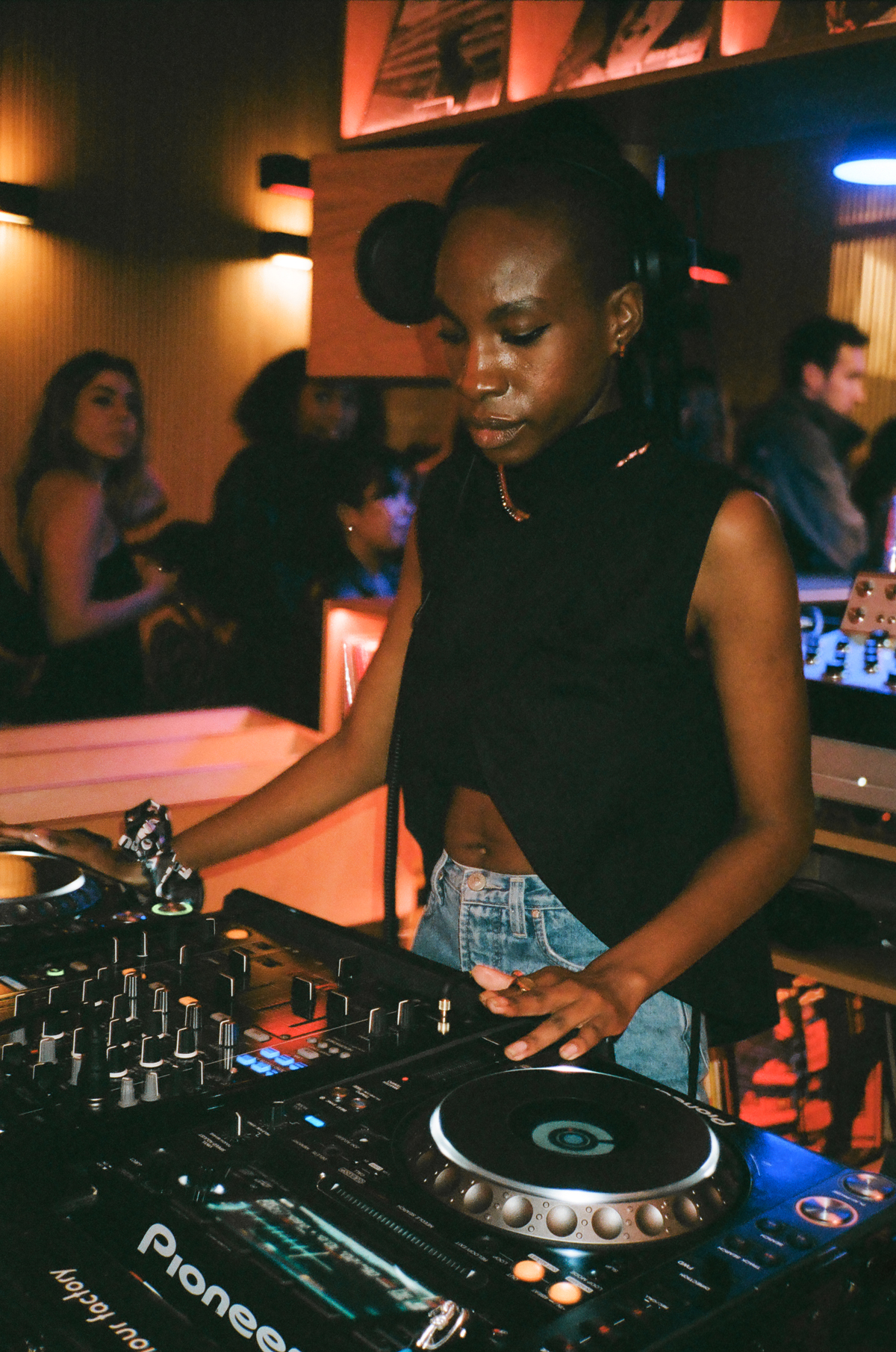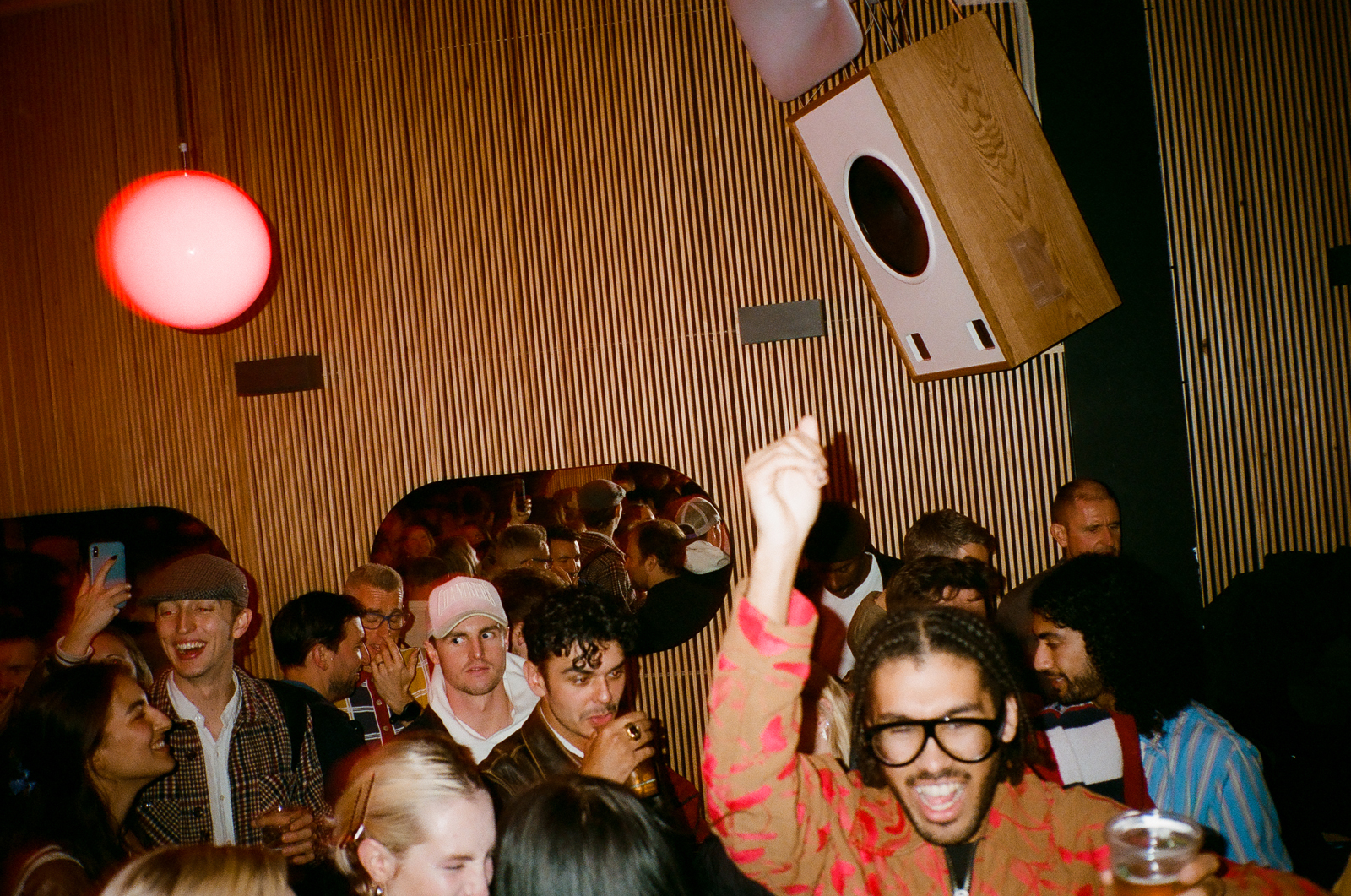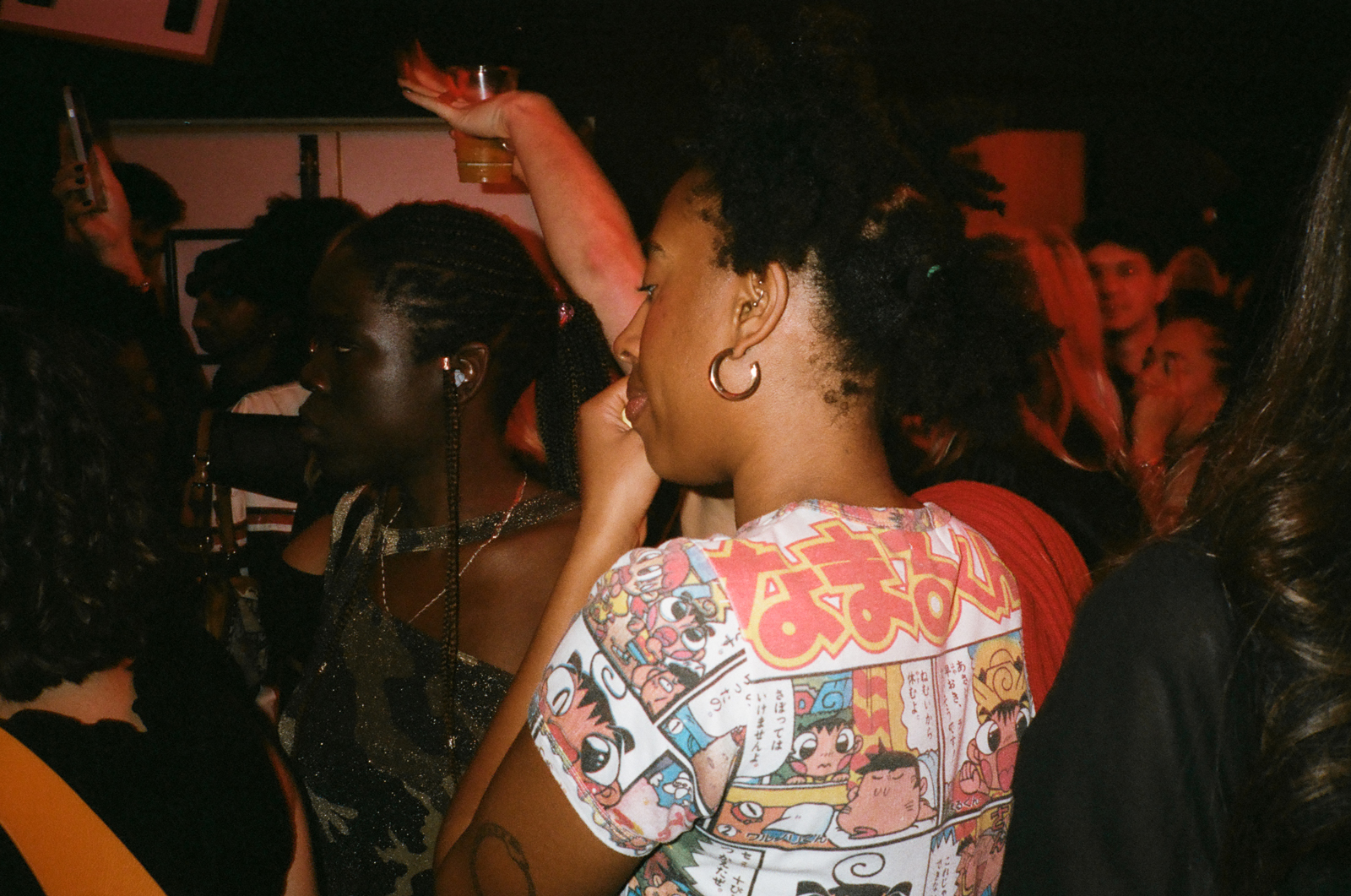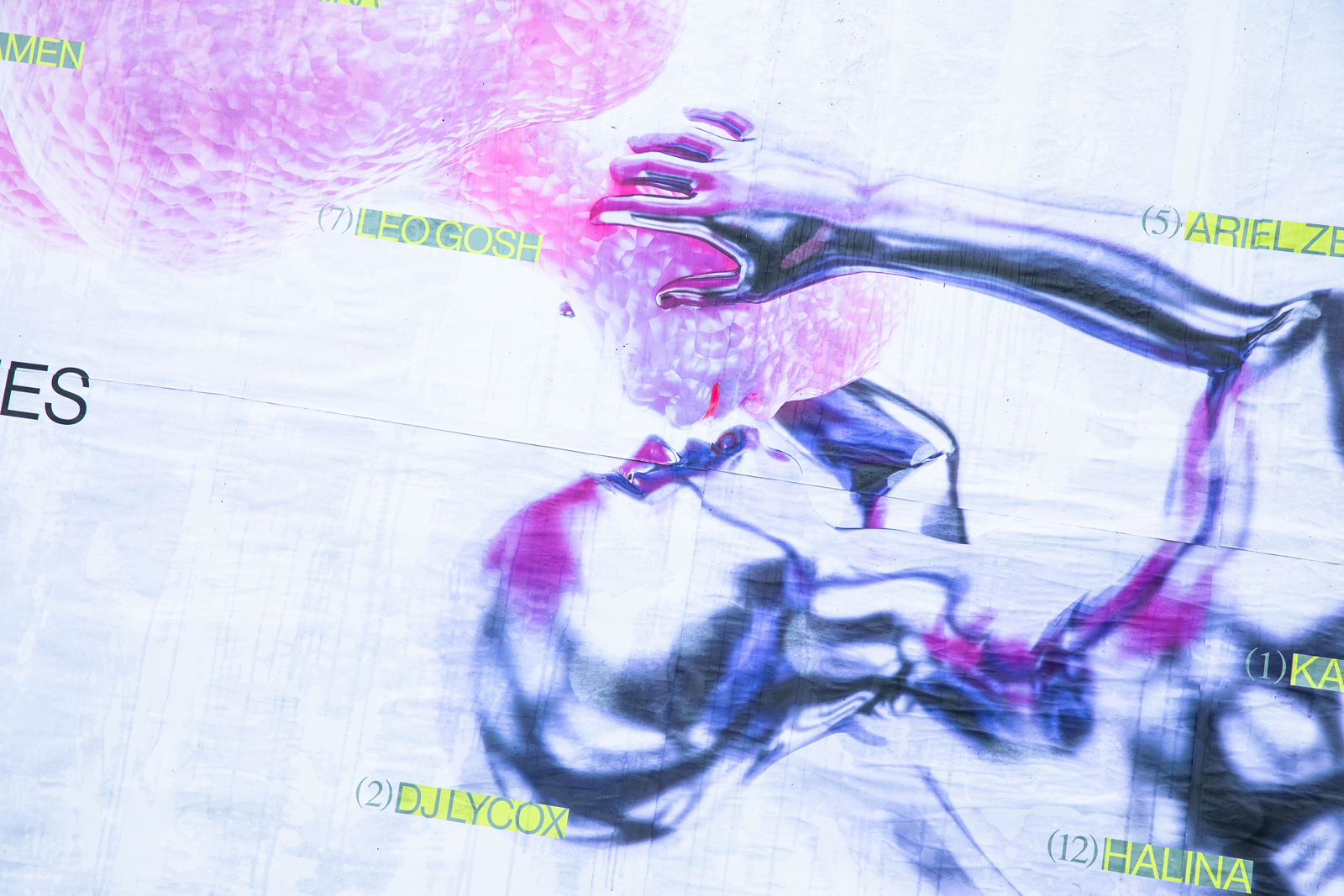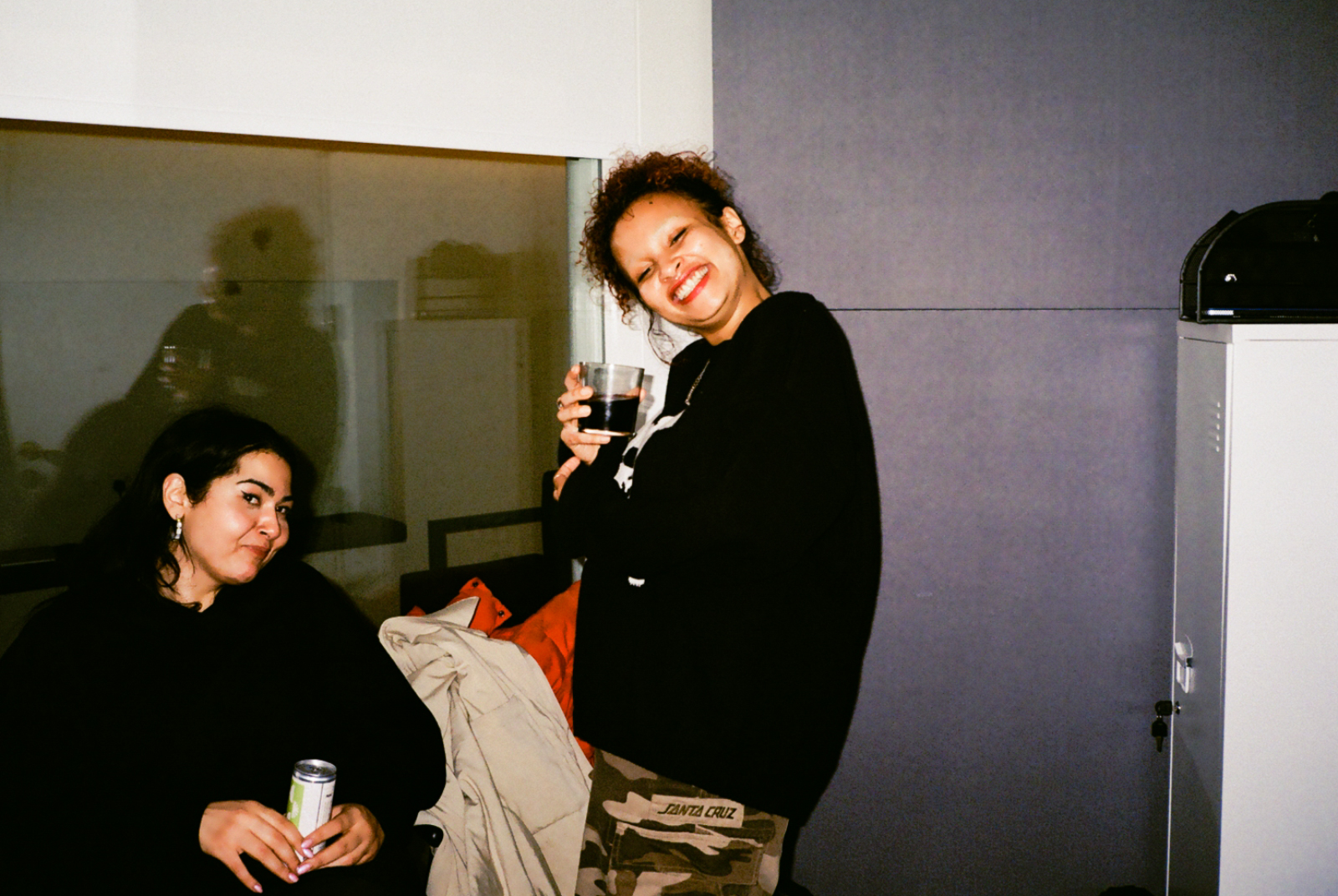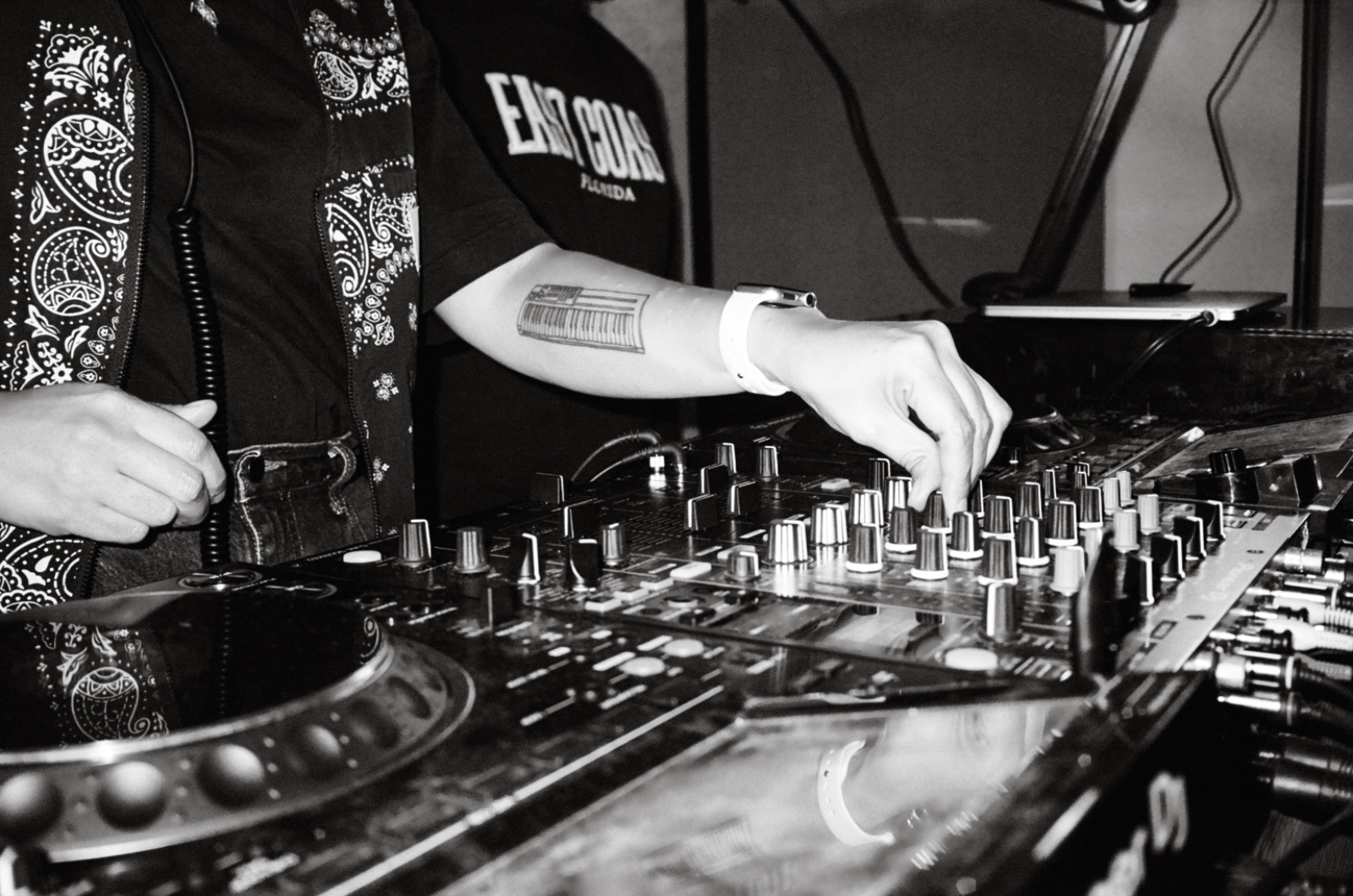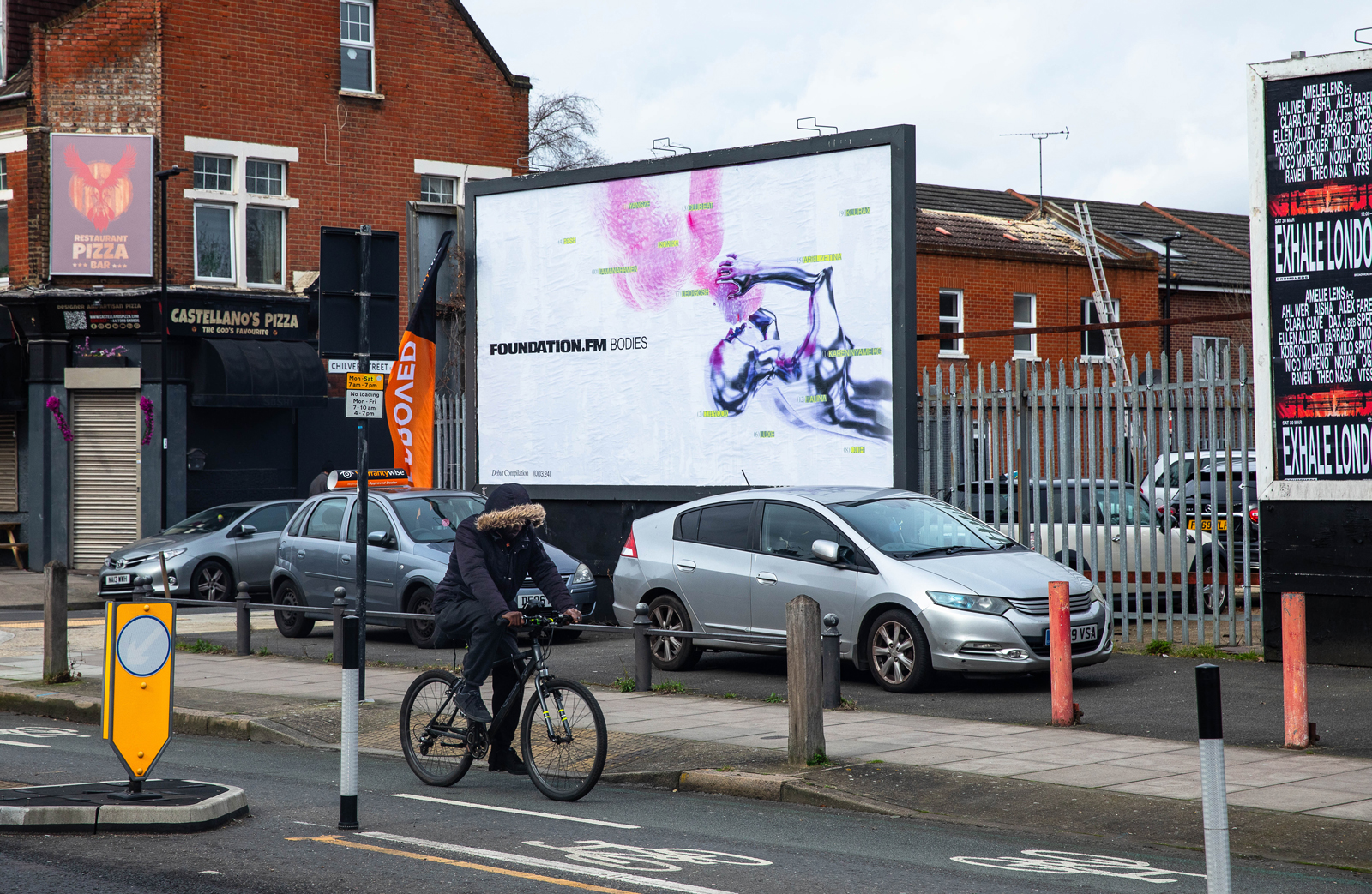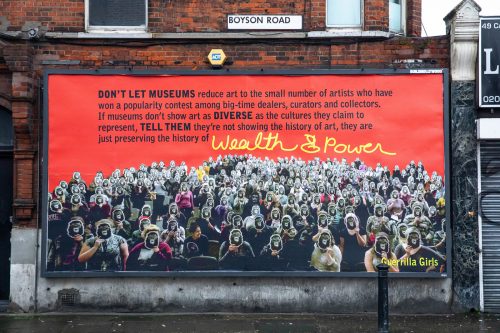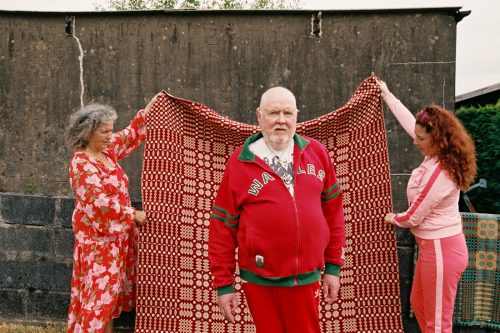Another reason why foundation.fm has continued to grow is down to a genuine community that’s been created. At times, ‘community’ can be something of a buzzword, but how does the platform foster that community feel in an authentic way?
A: When people leave Foundation, they never truly leave. That’s kind of like our motto. Whether it’s Assistant Producers, or volunteers coming in to get experience, we want to make people feel super comfortable and we want them to grow. If people want to grow beyond foundation.fm, we’re happy to be a part of that and support that.
We don’t expect exclusivity from residents over other stations or line-ups. I know our schedule inside out, I know every single one of our DJs and their shows – which I feel is quite rare at a radio station, especially when there are so many shows. And even when people move on or take a break, we stay in touch. You never leave foundation.fm.
Having been set up in Peckham, f.fm is now based at the revered Young Space in Haggerston. How important has having its own space been for building the platform?
B: Oh my gosh, so important. I had a show on the station back in 2018 and going to Peckham Levels where we were then, and seeing girls set that station up, it felt very inspiring. You felt like you were part of something. Doing a show but also being with friends was an amazing feeling.
And now being in the Young Space, it’s kind of elevated that even more. For one, we’re more central now so it’s easier to get to. Plus, people are taking us a little more seriously now. Across from us today is Sampha and Kwes, and it feels like when you’re here you’re just engulfed in creativity.
A: When people come in it’s not just a case of dumping them on the decks. It’s a chat, it’s a conversation. A lot of our DJs who are trans, who are non-binary, who are queer, they have had experiences in other stations where they felt uncomfortable, not invited, or welcome. But we work hard to foster our space to be different. We only let people come in here who share the same values as us. If anyone causes any grief in here, they’re blacklisted.
B: Yeah, they ain’t coming back.


